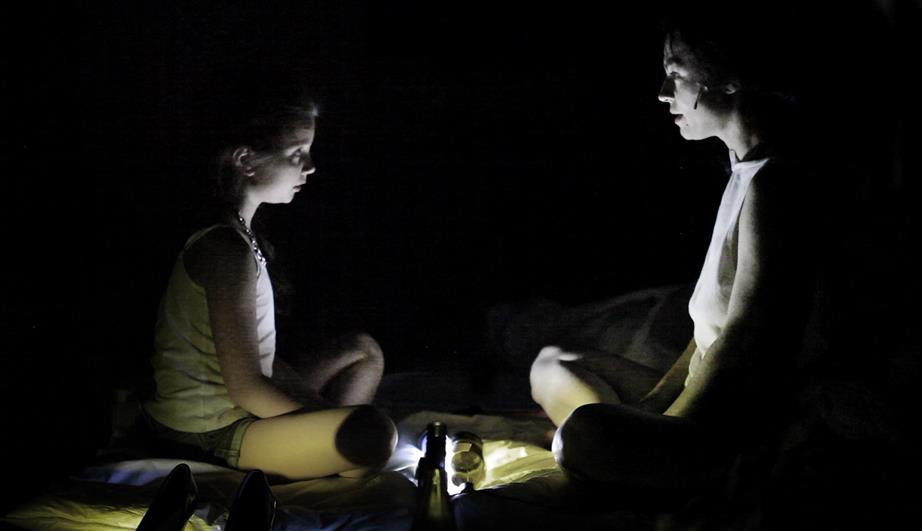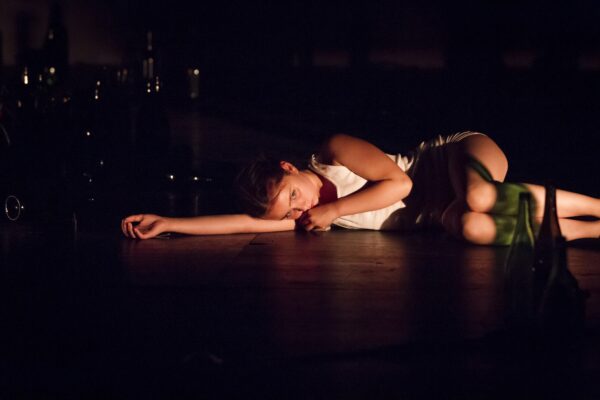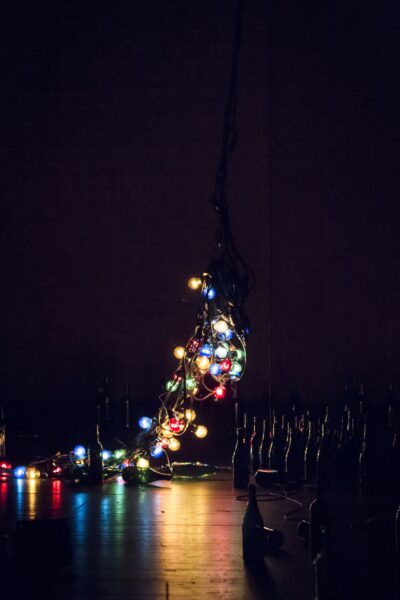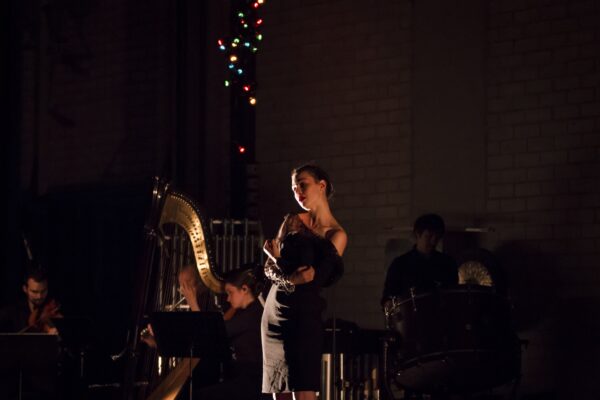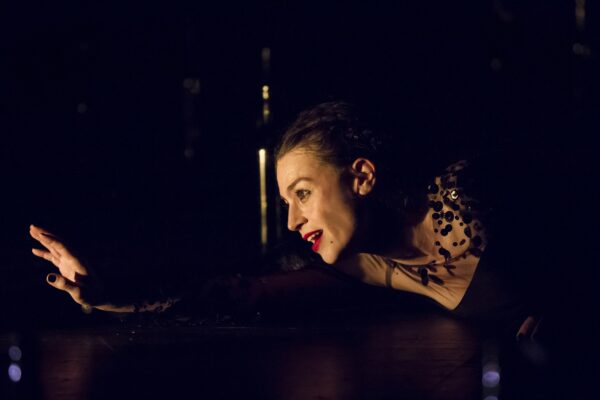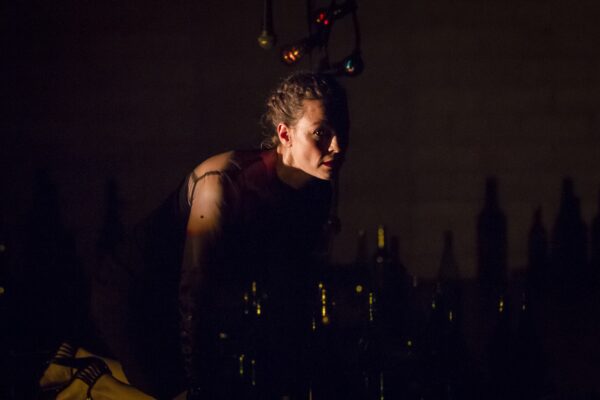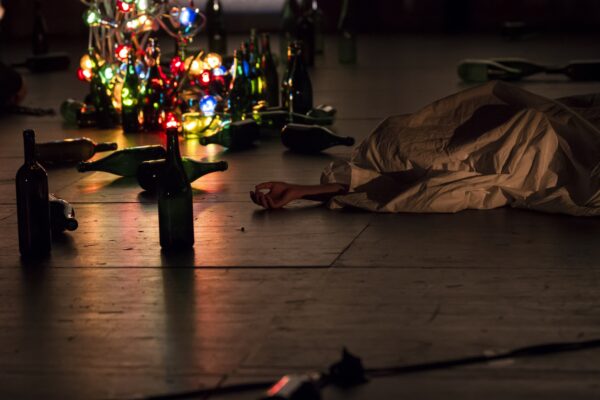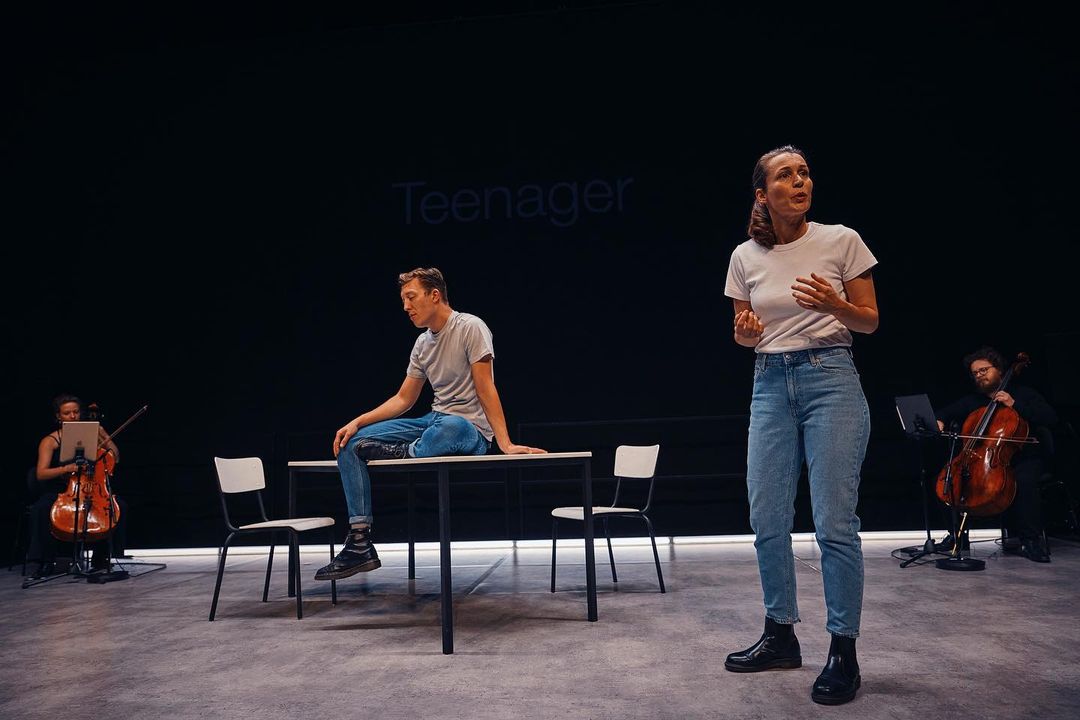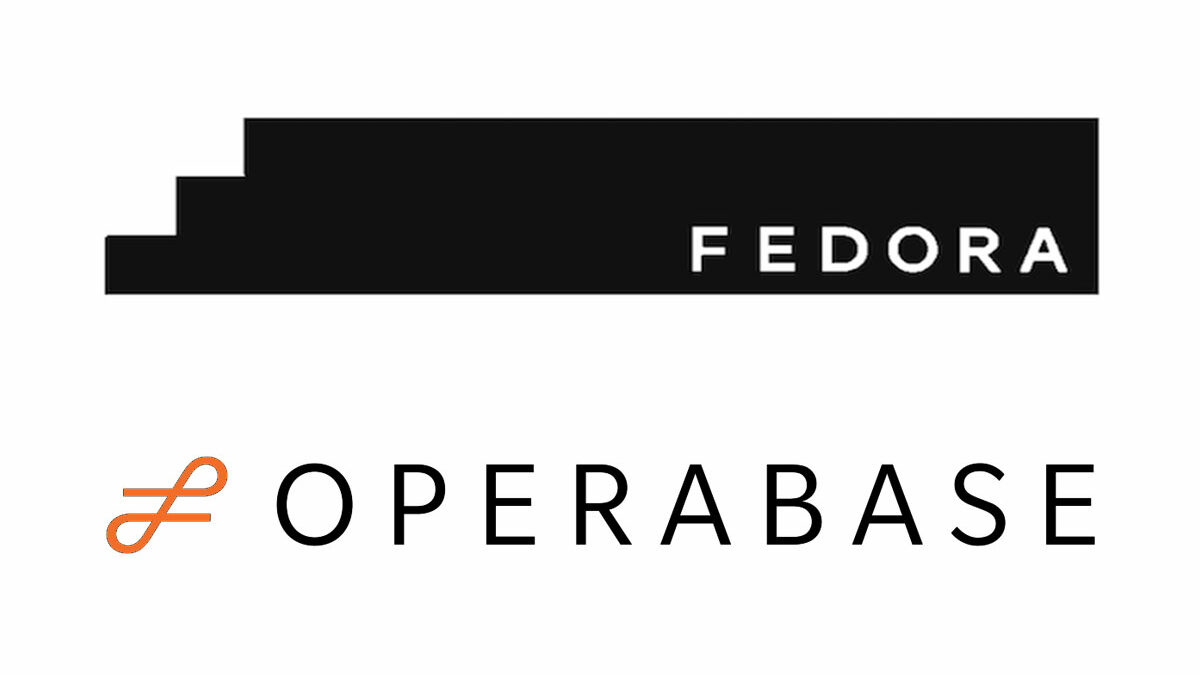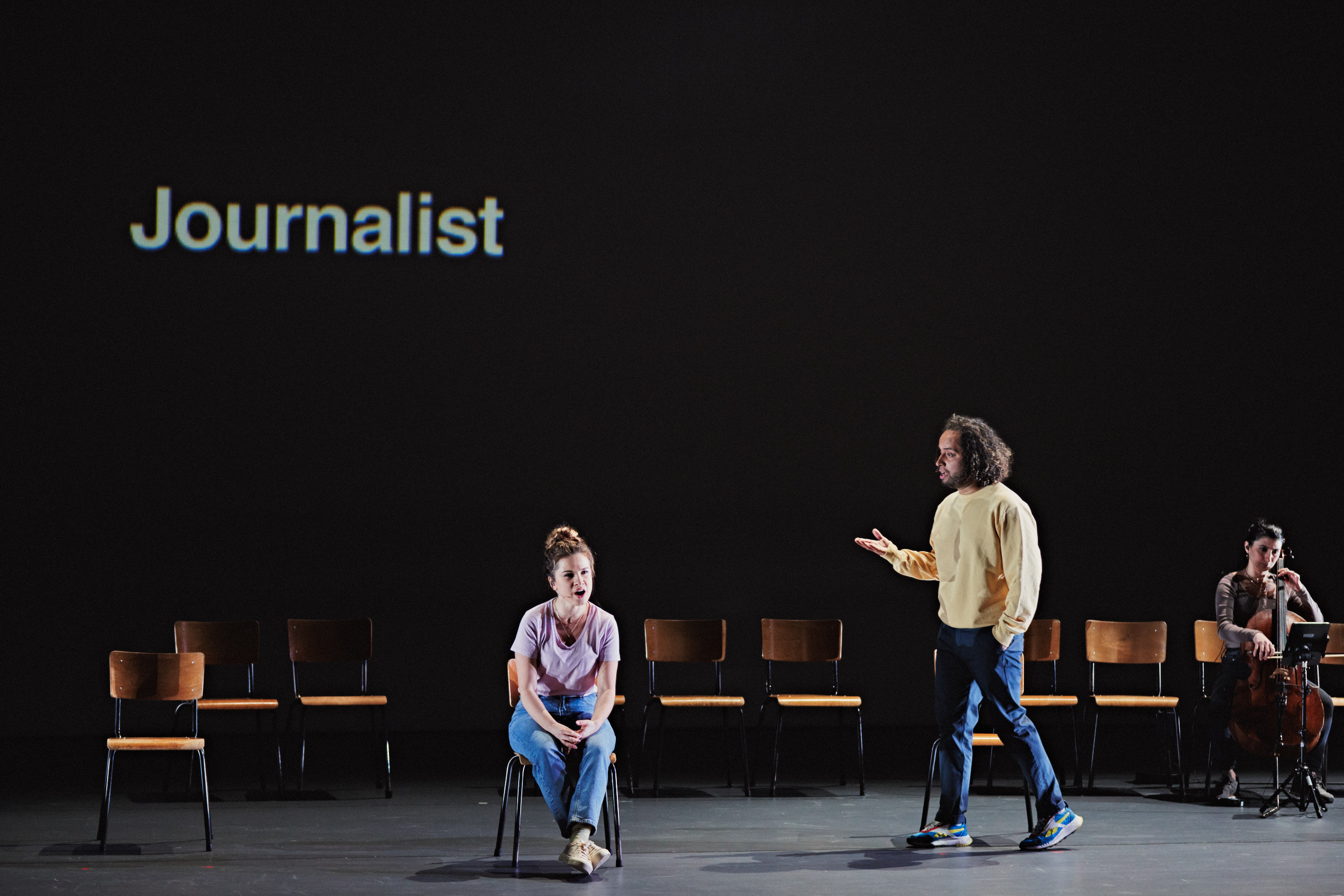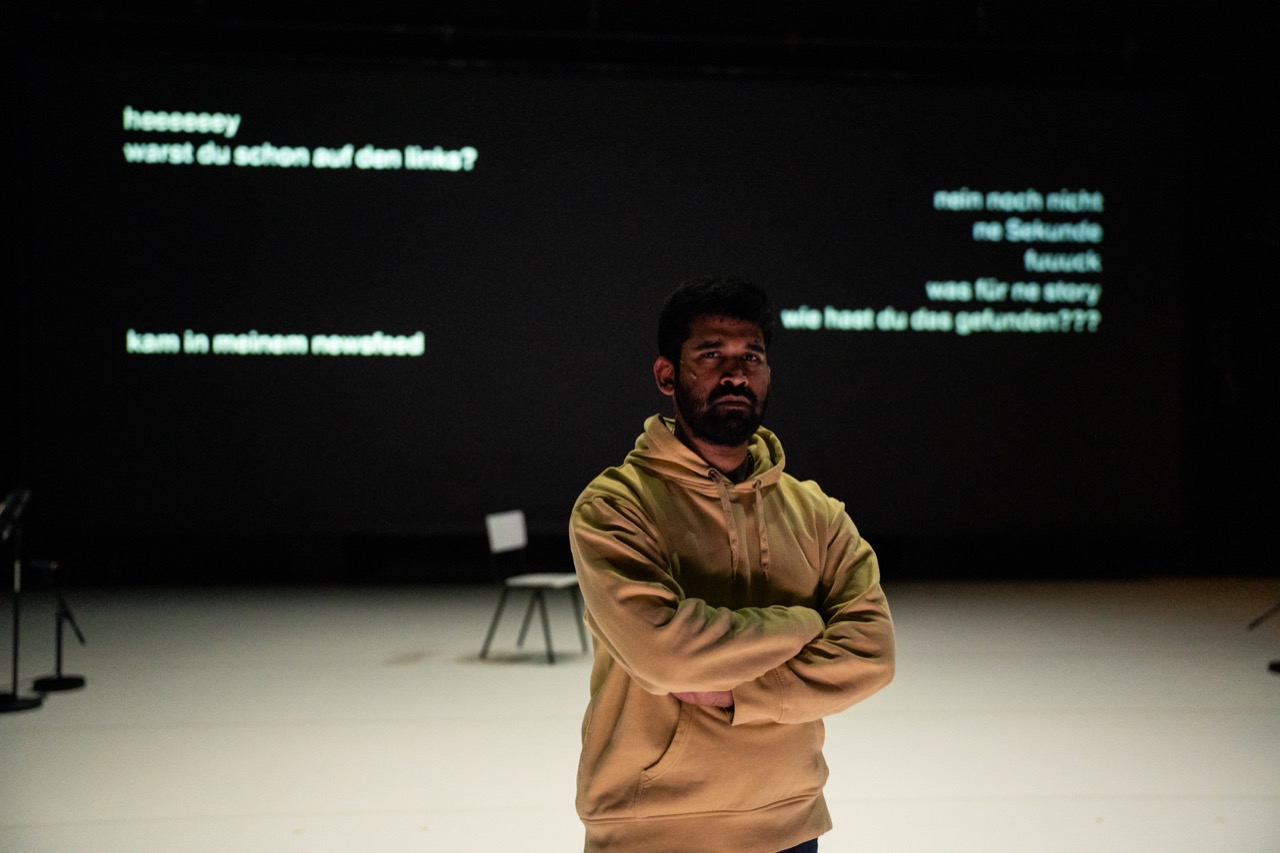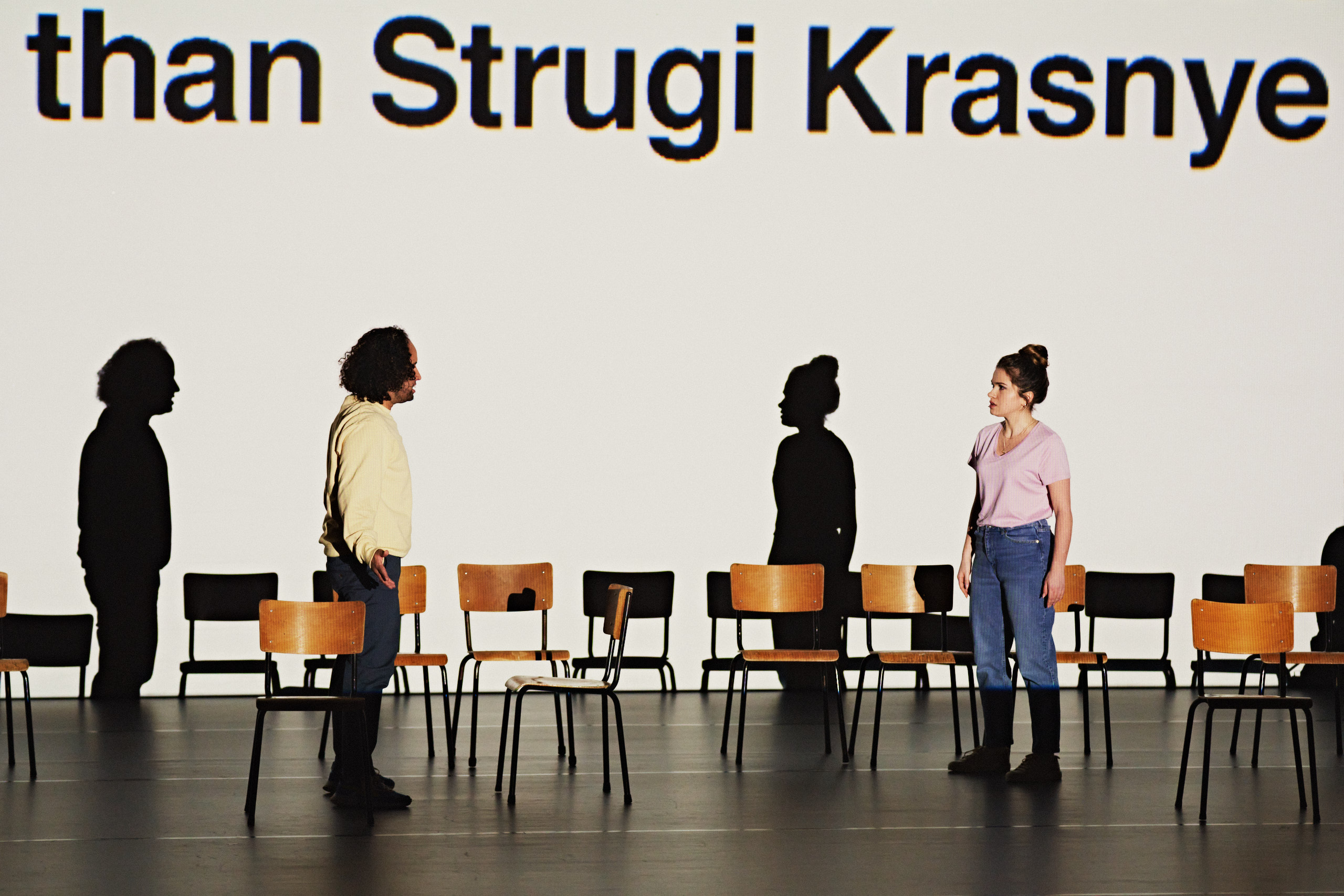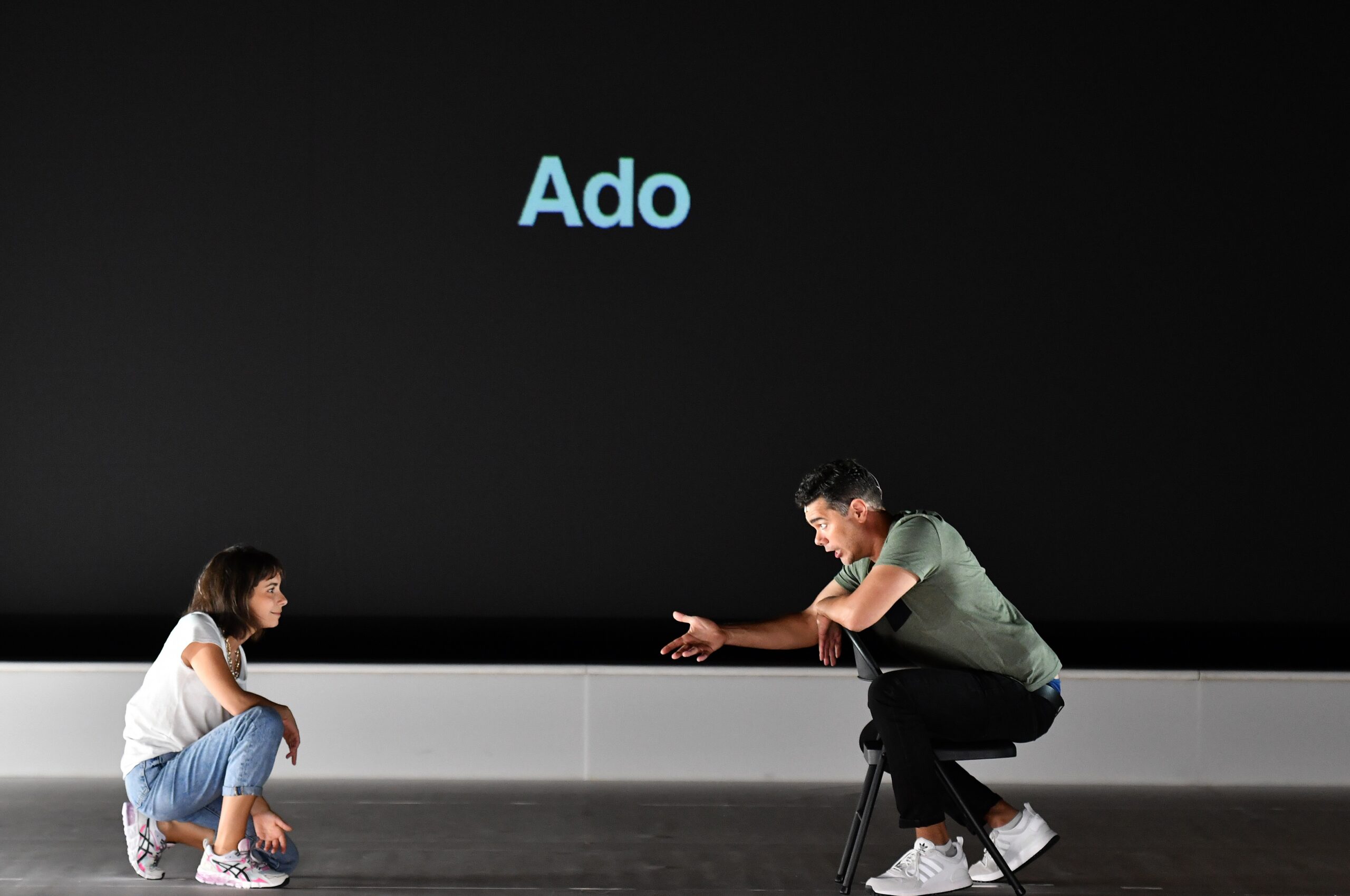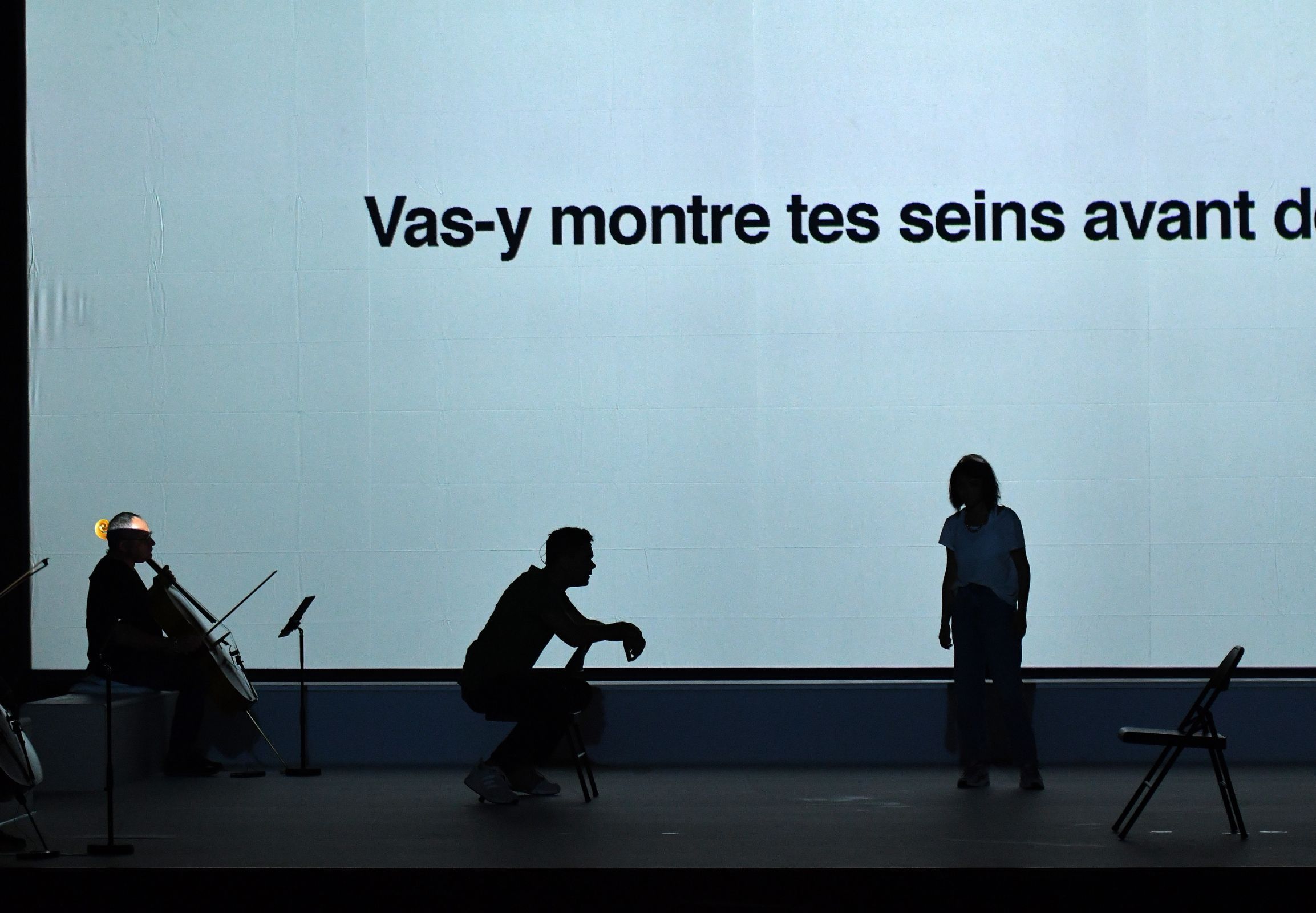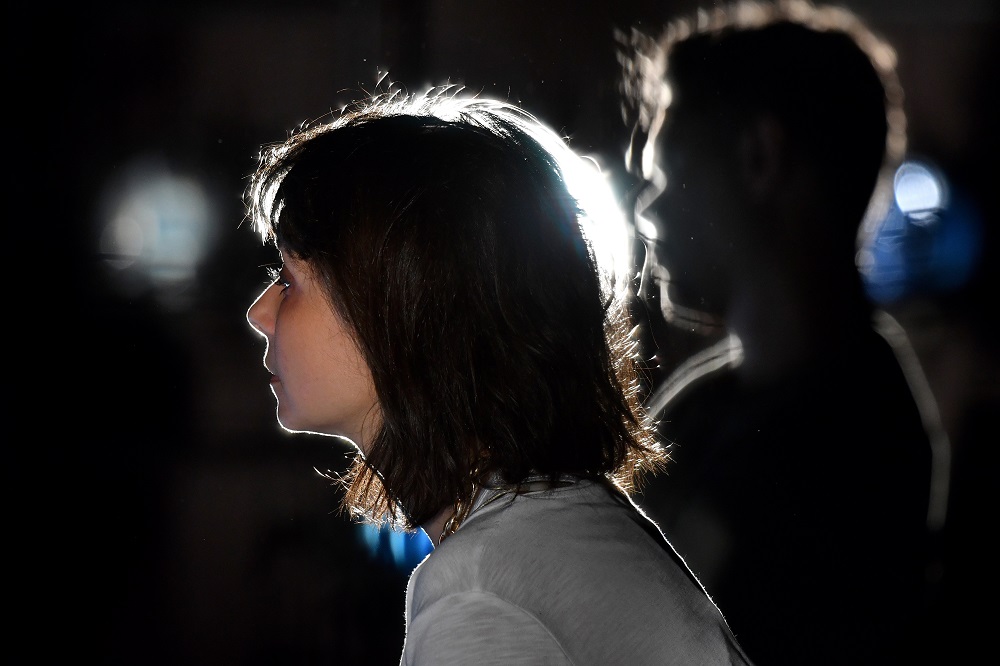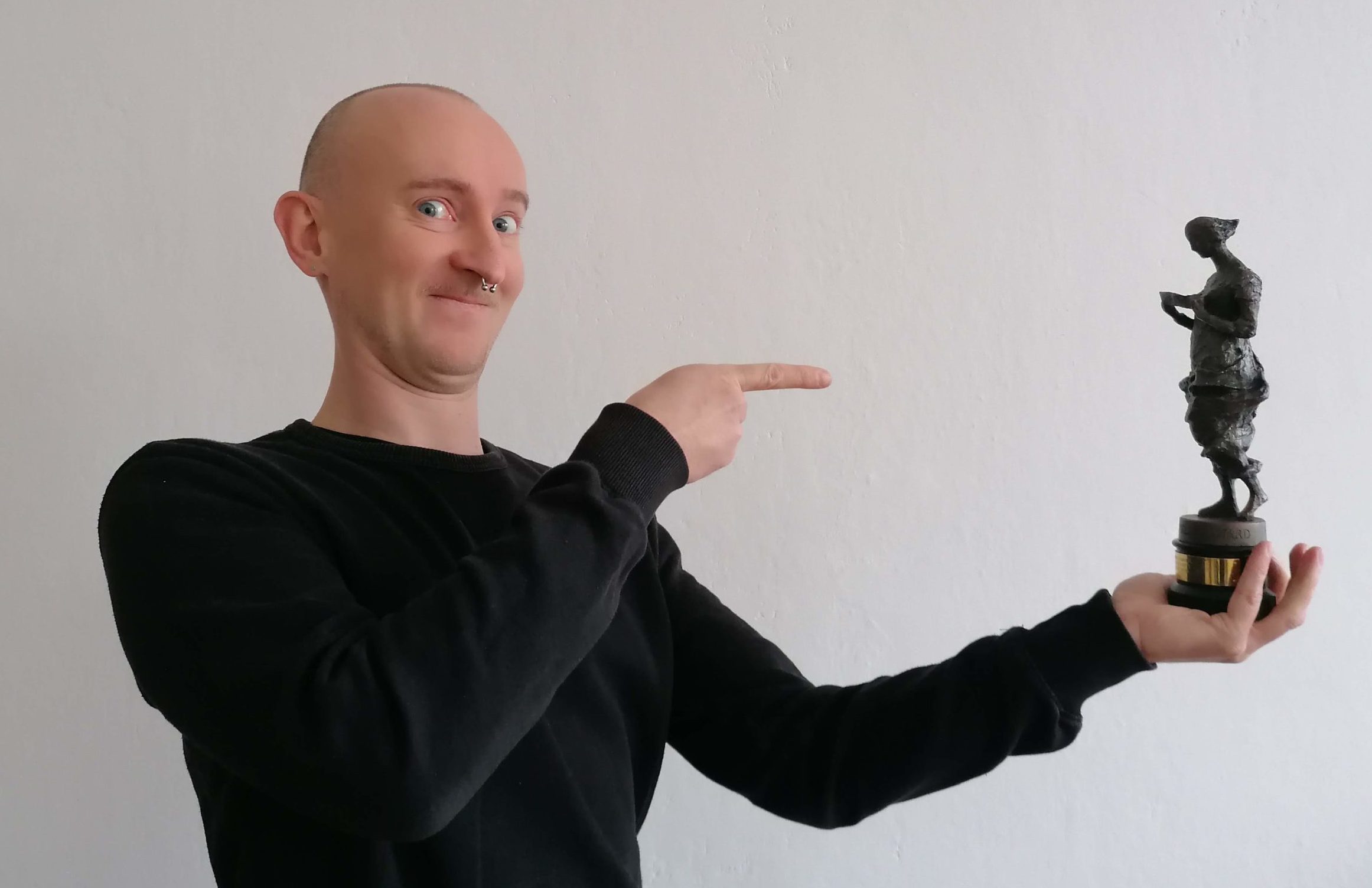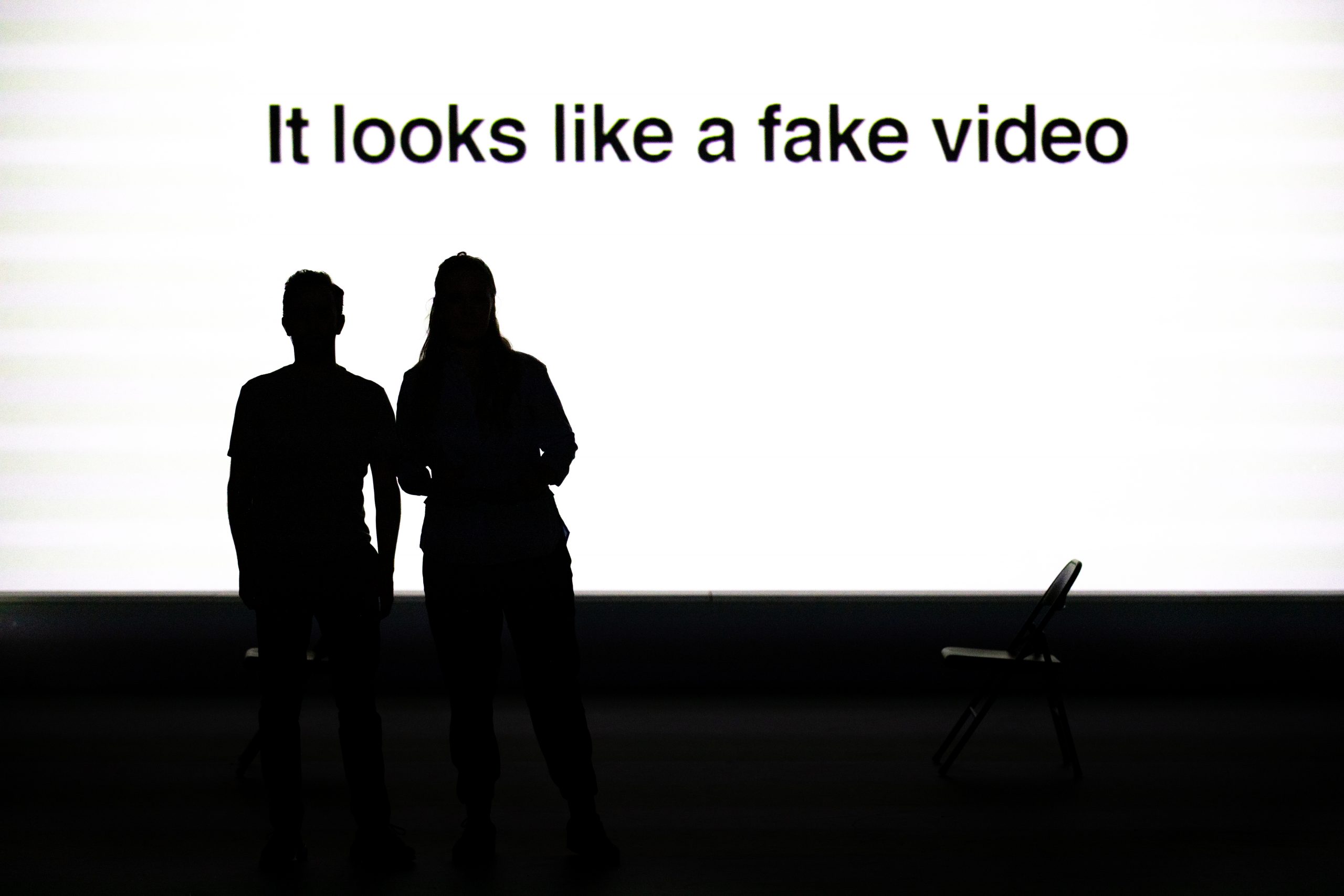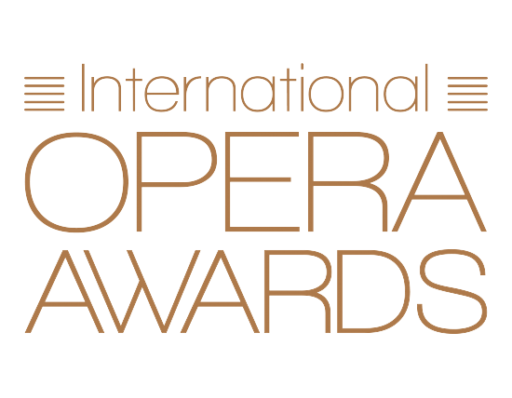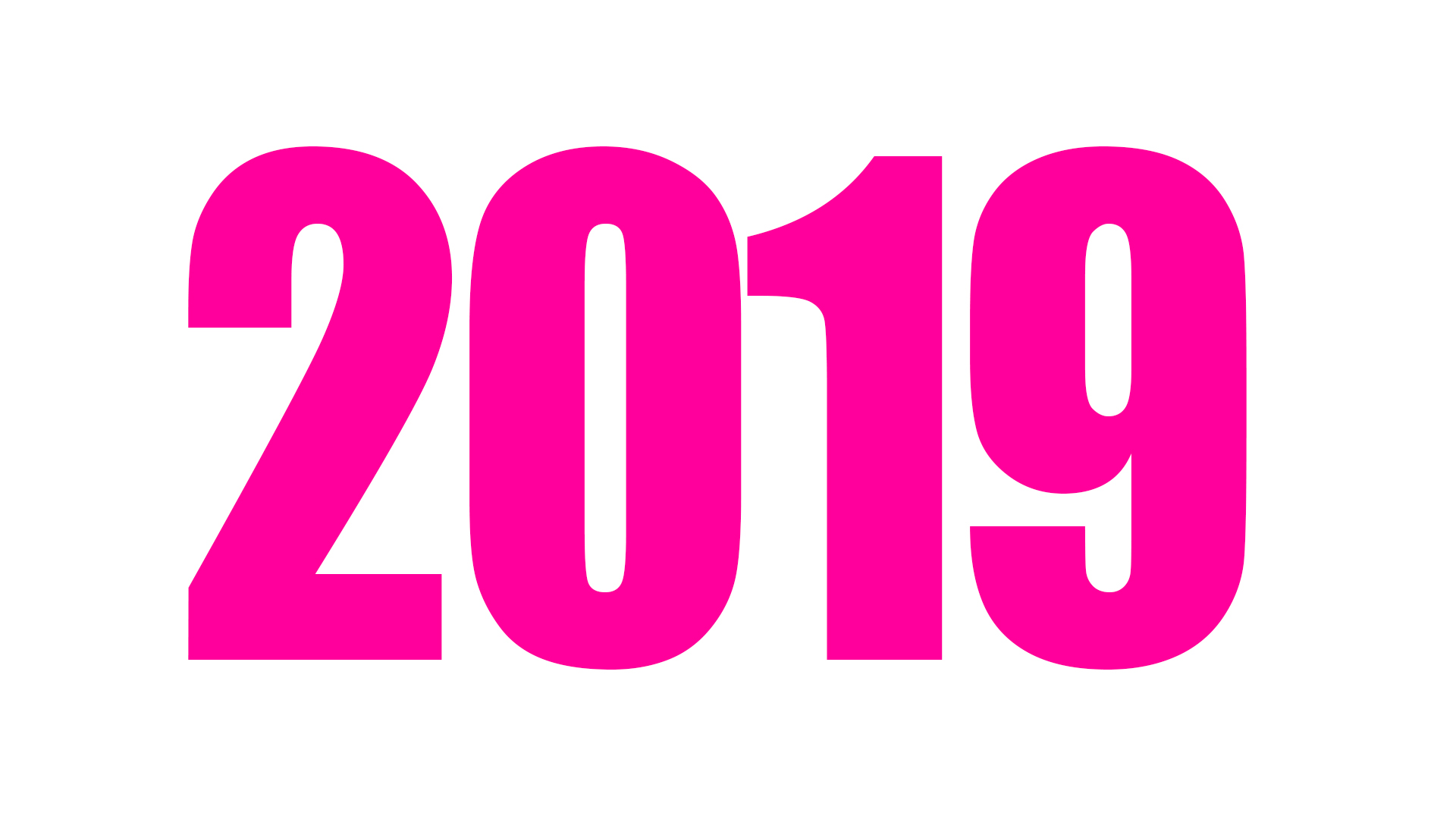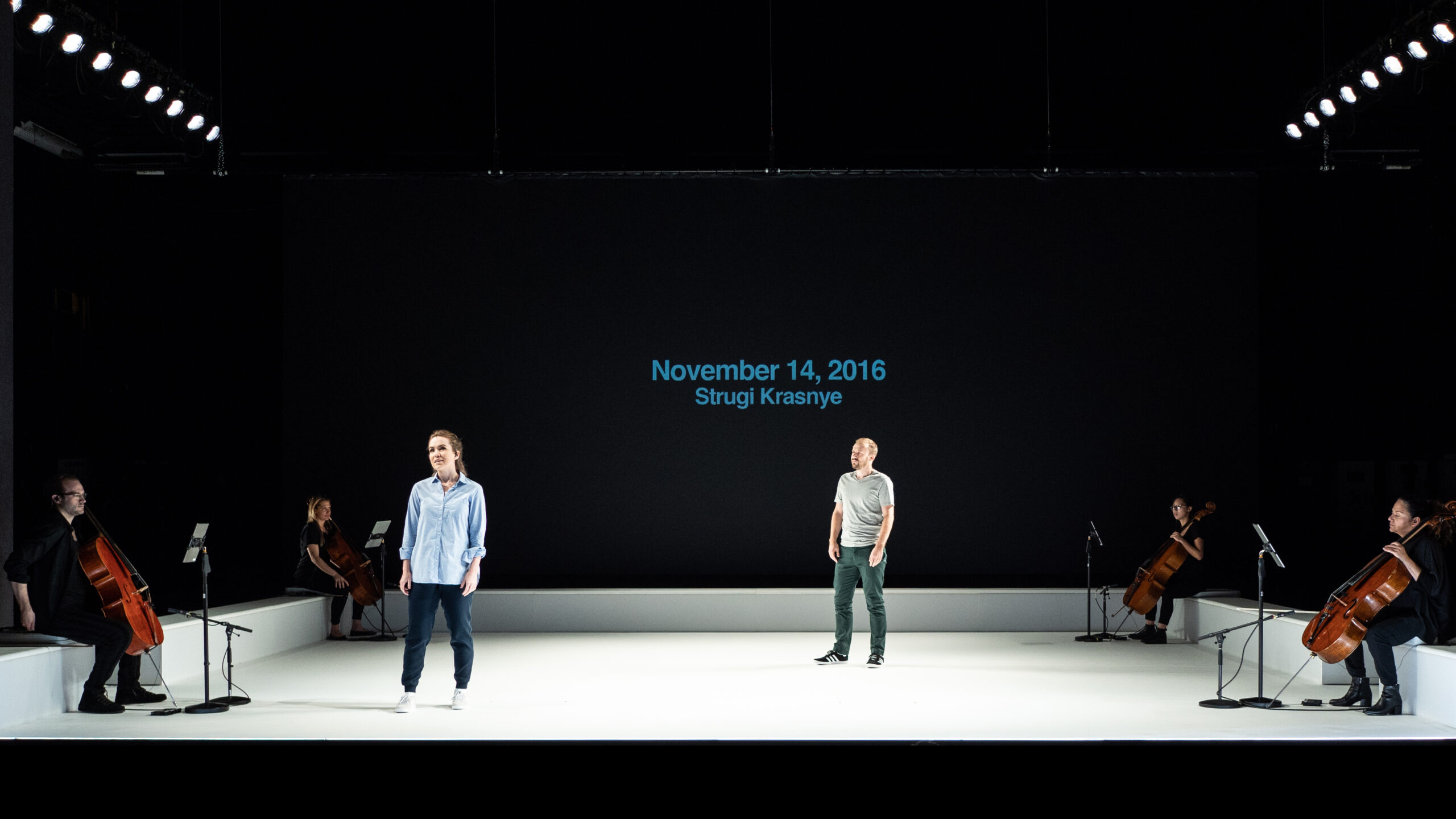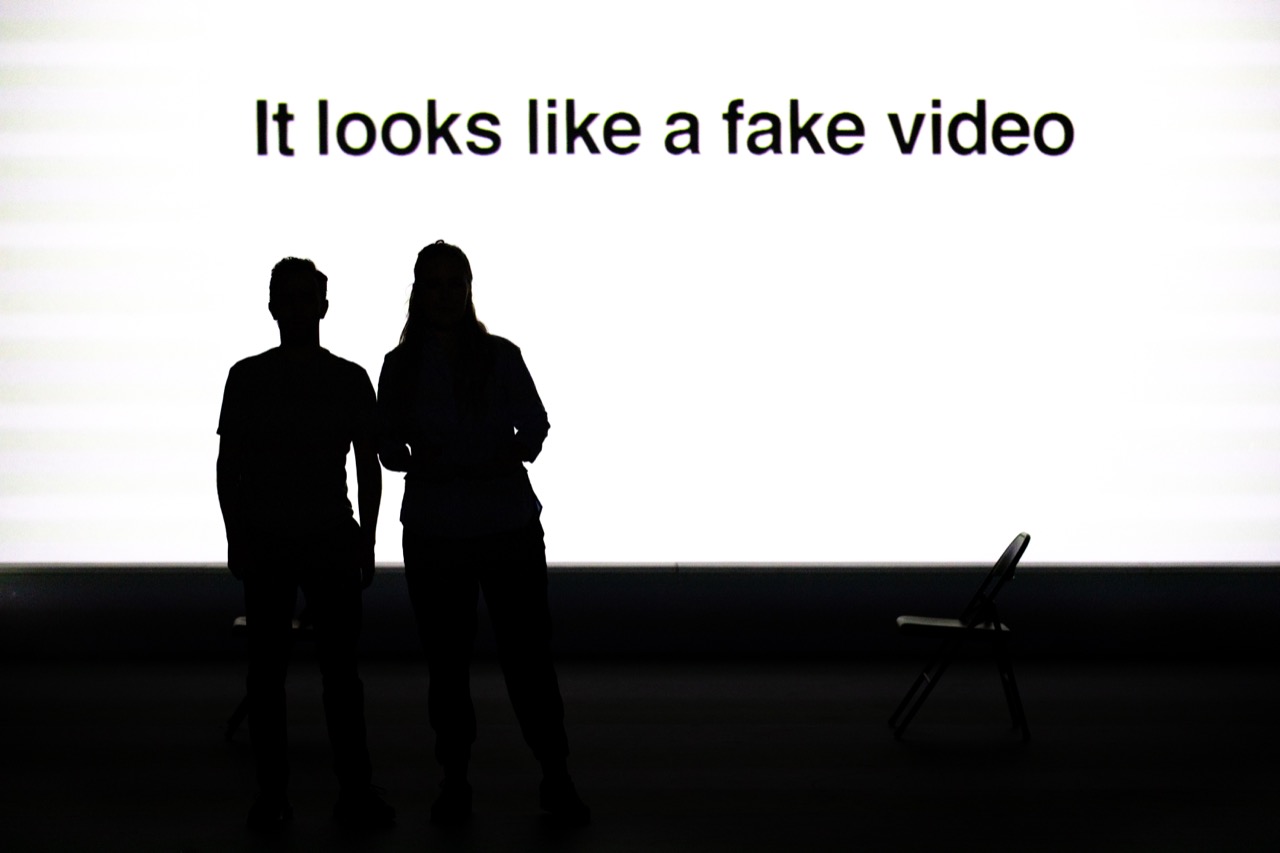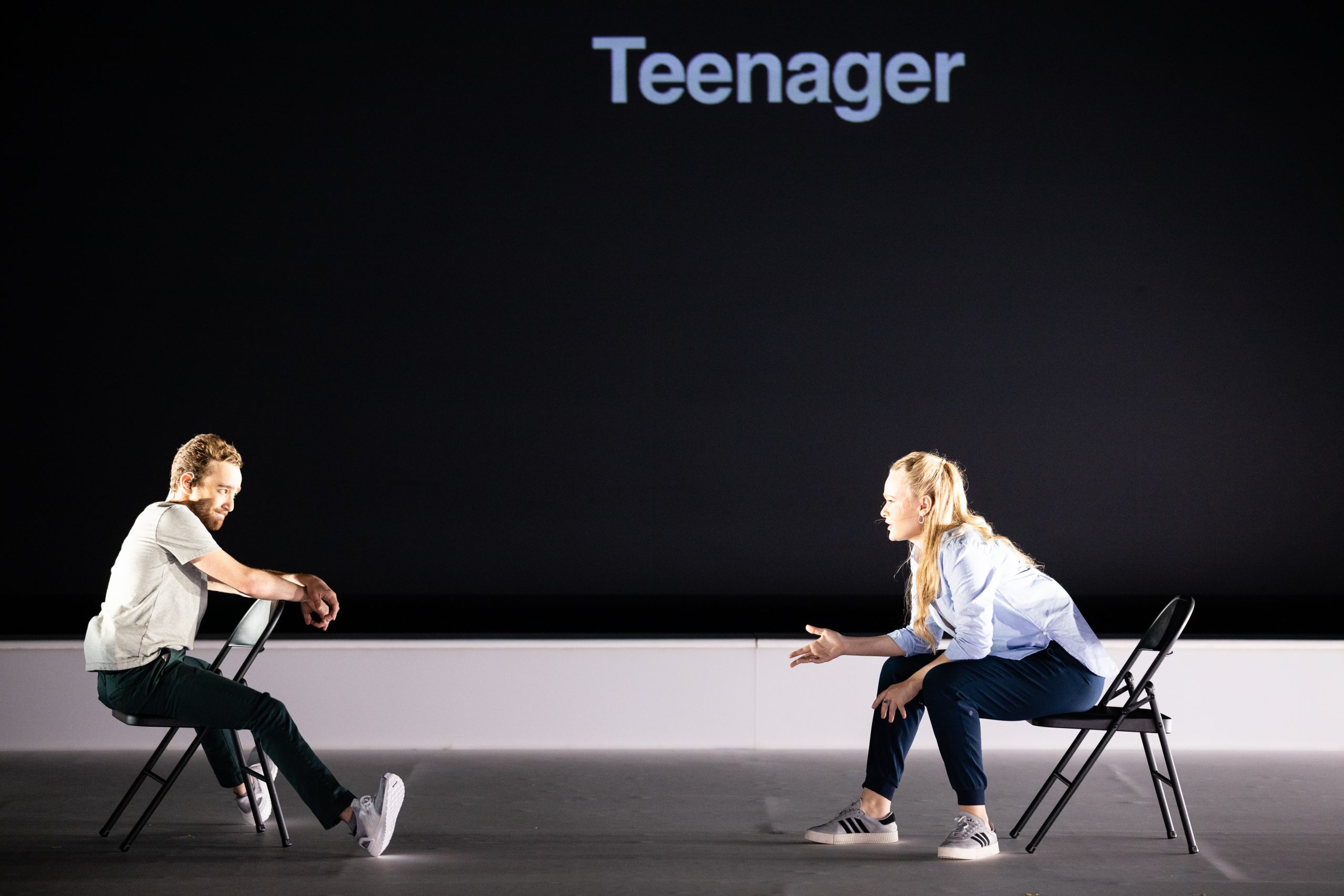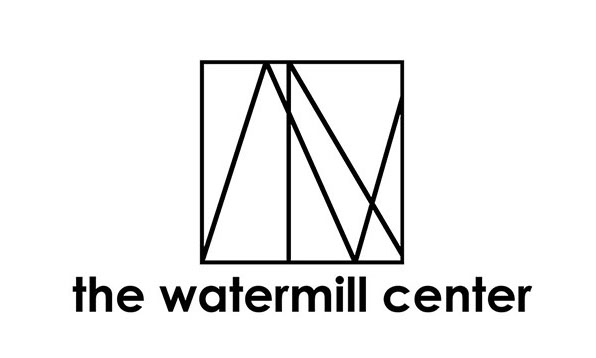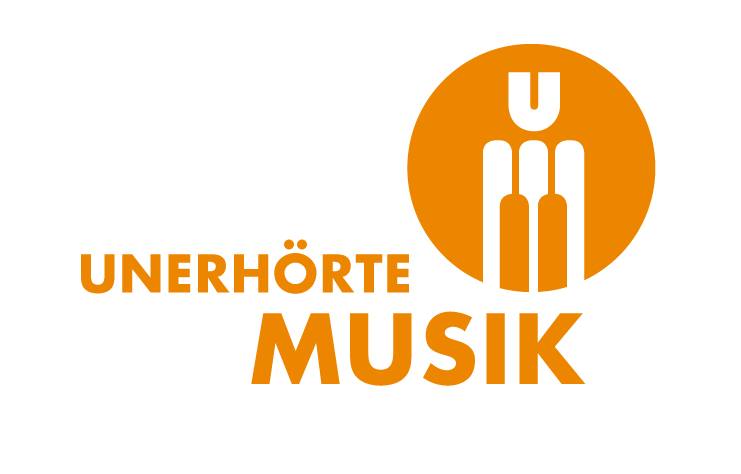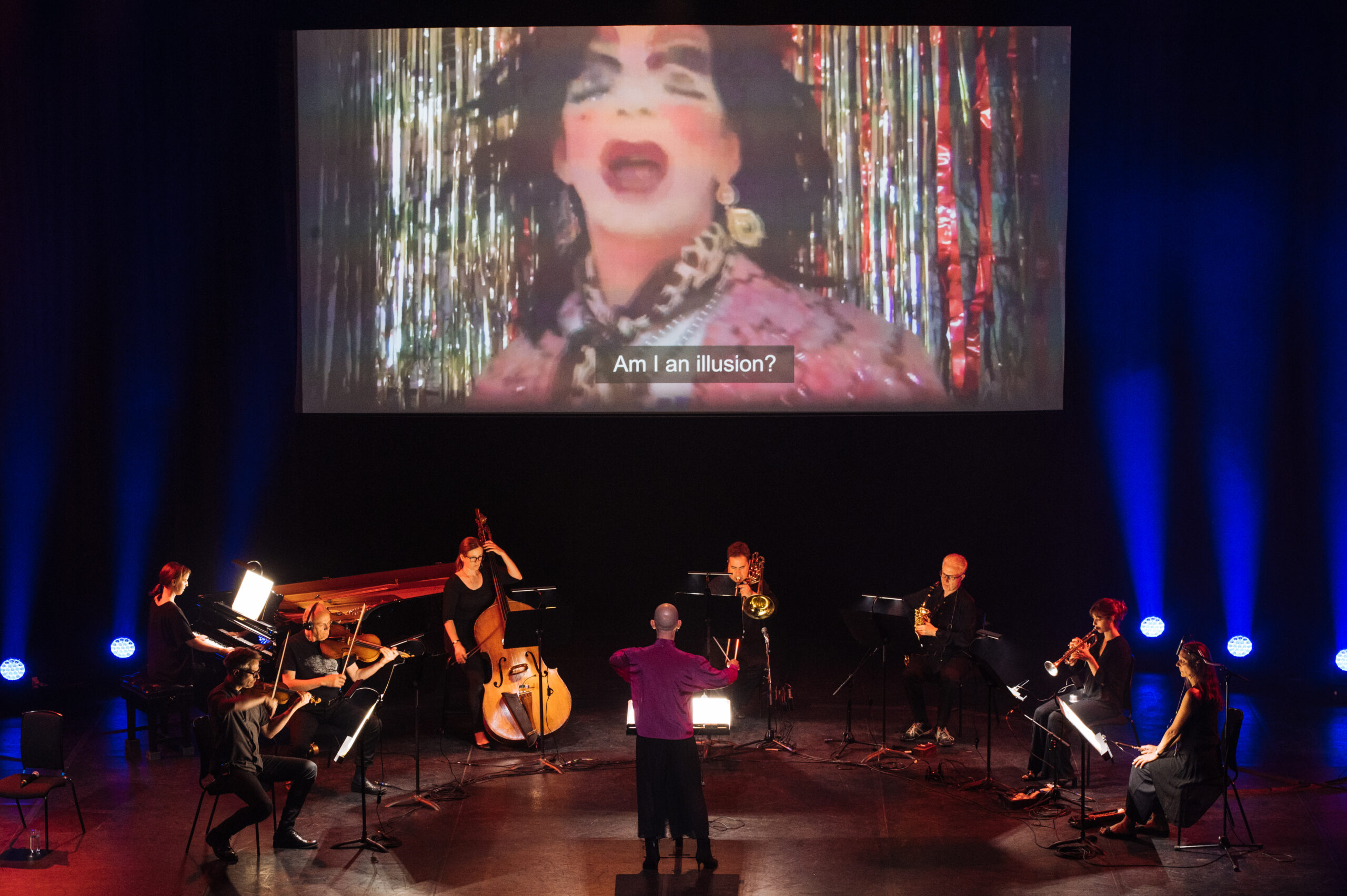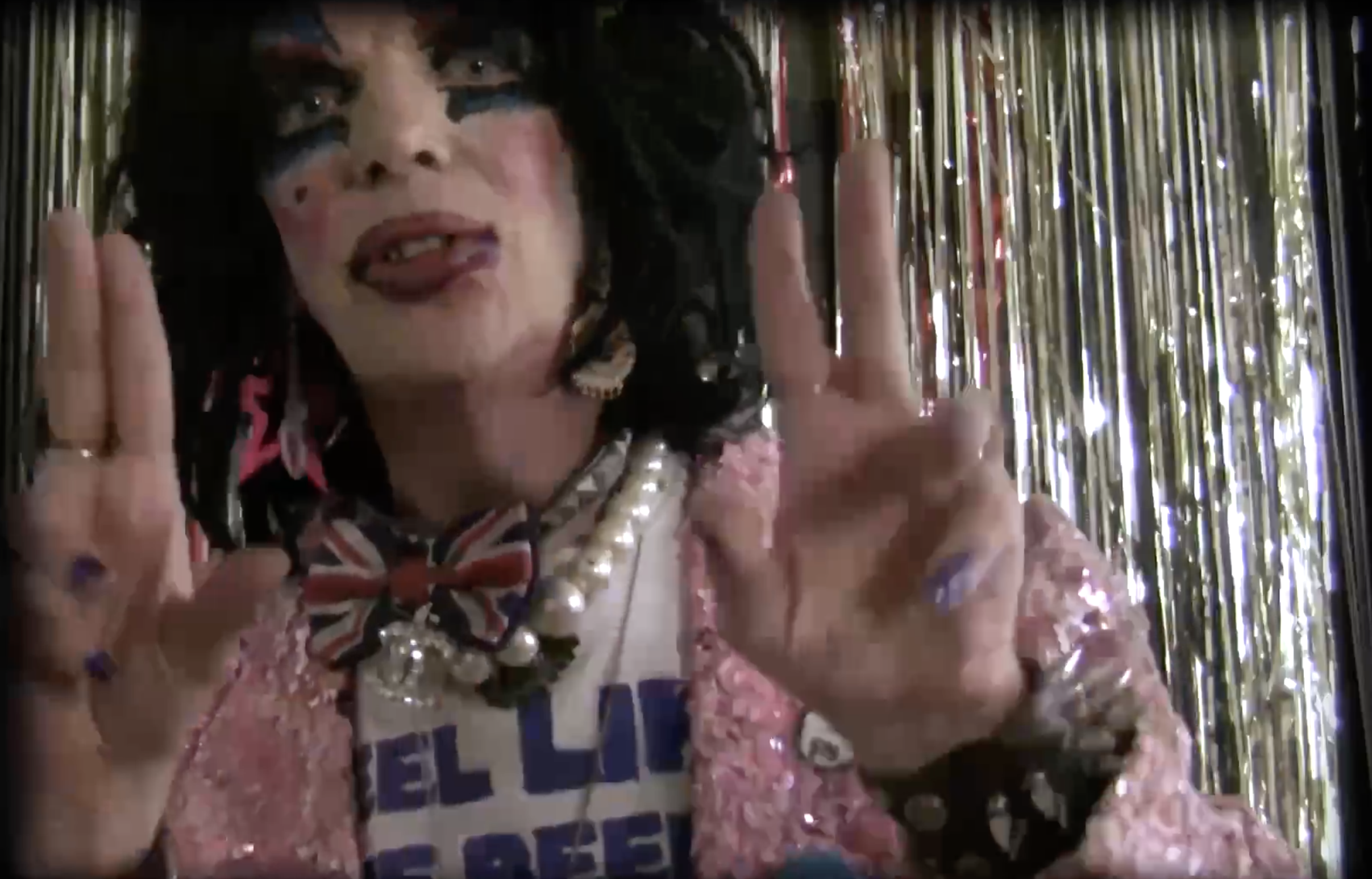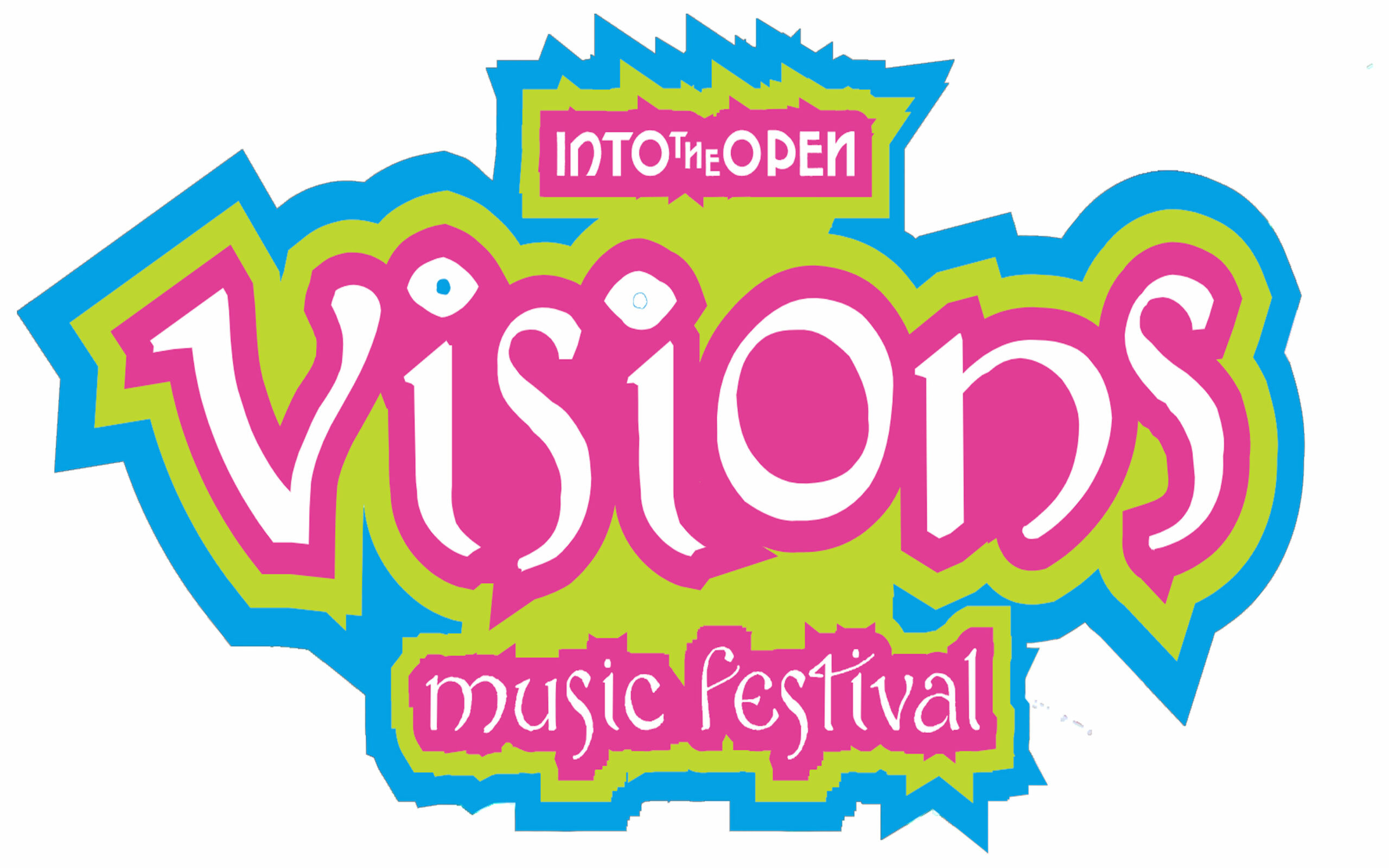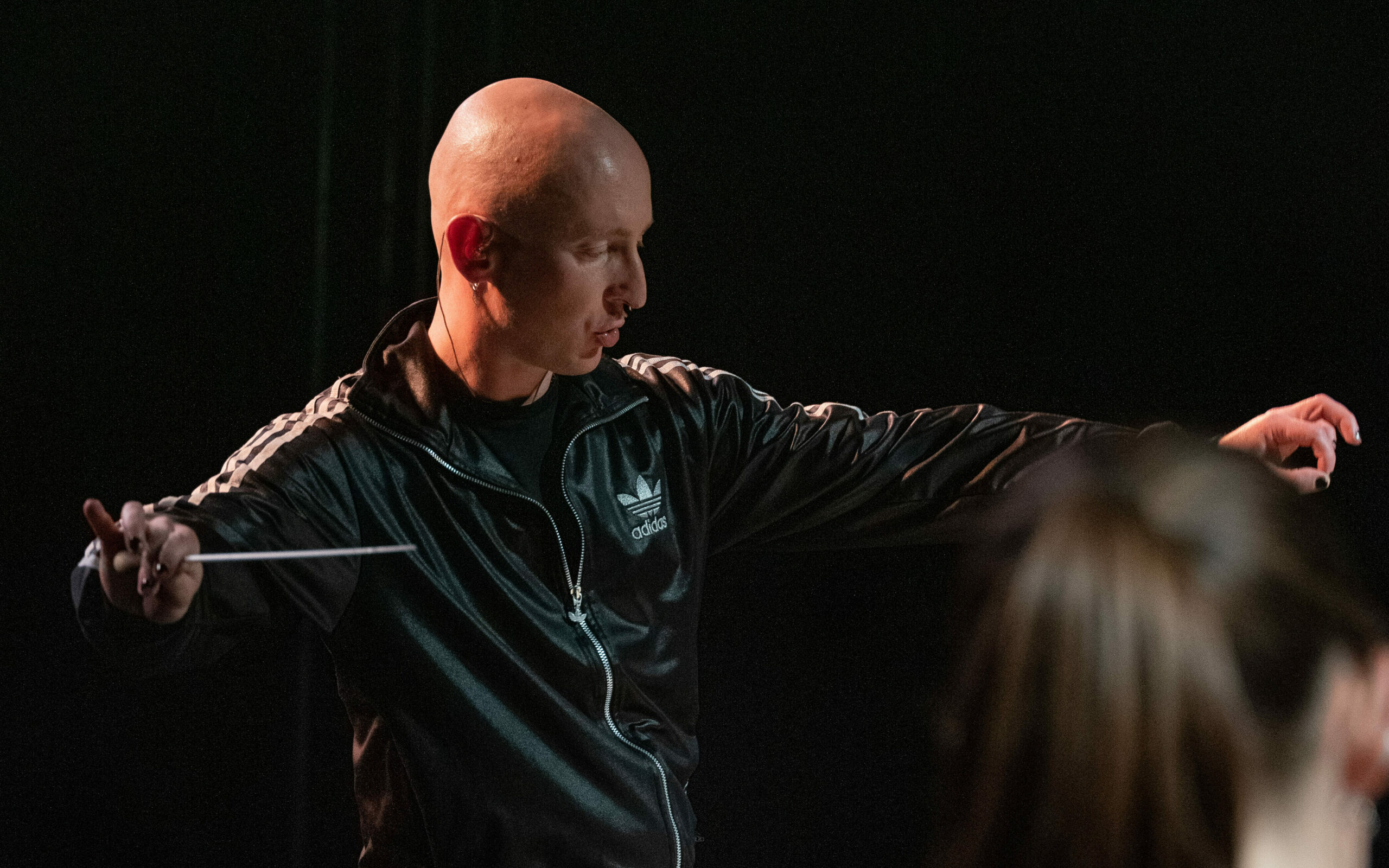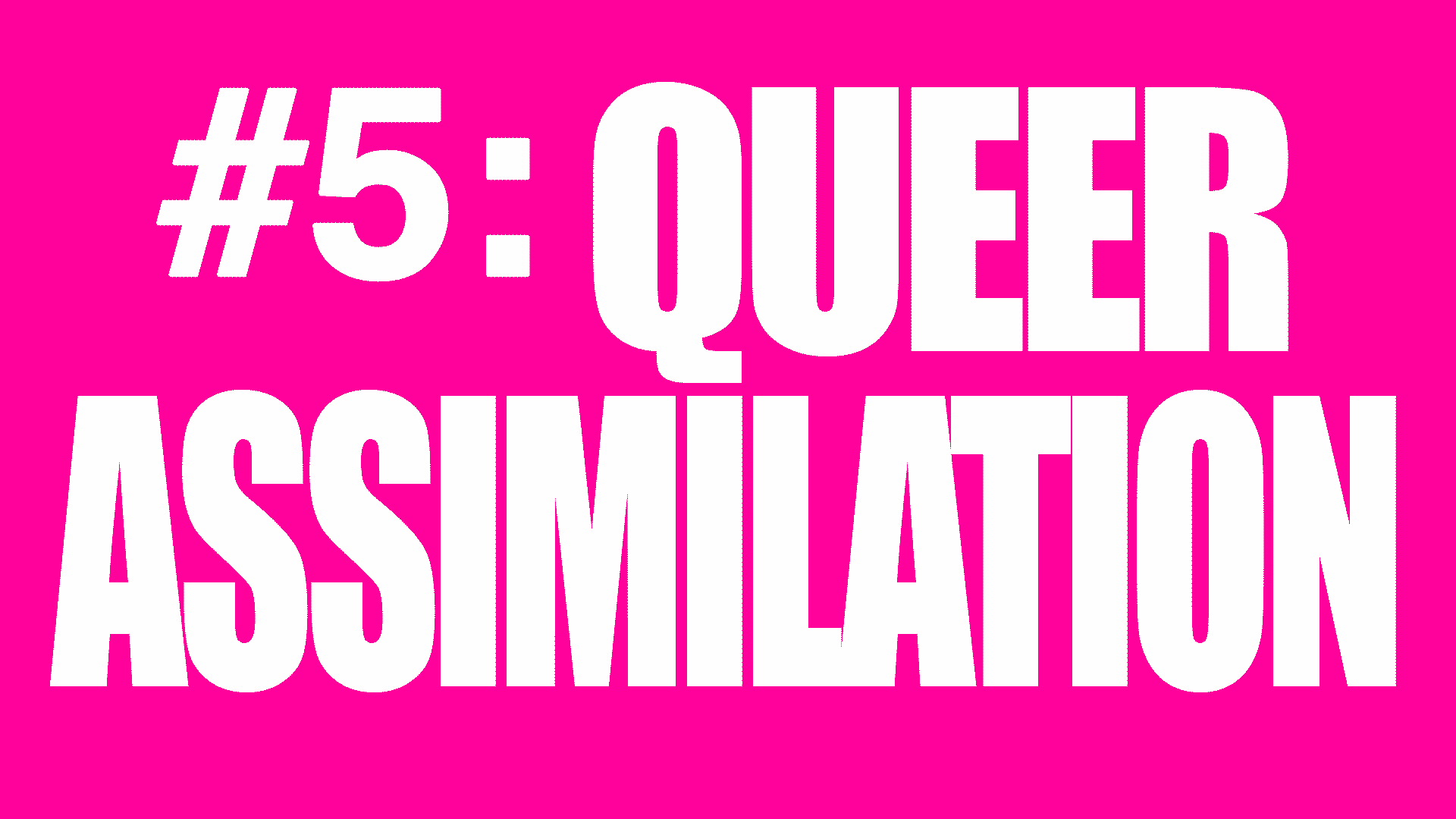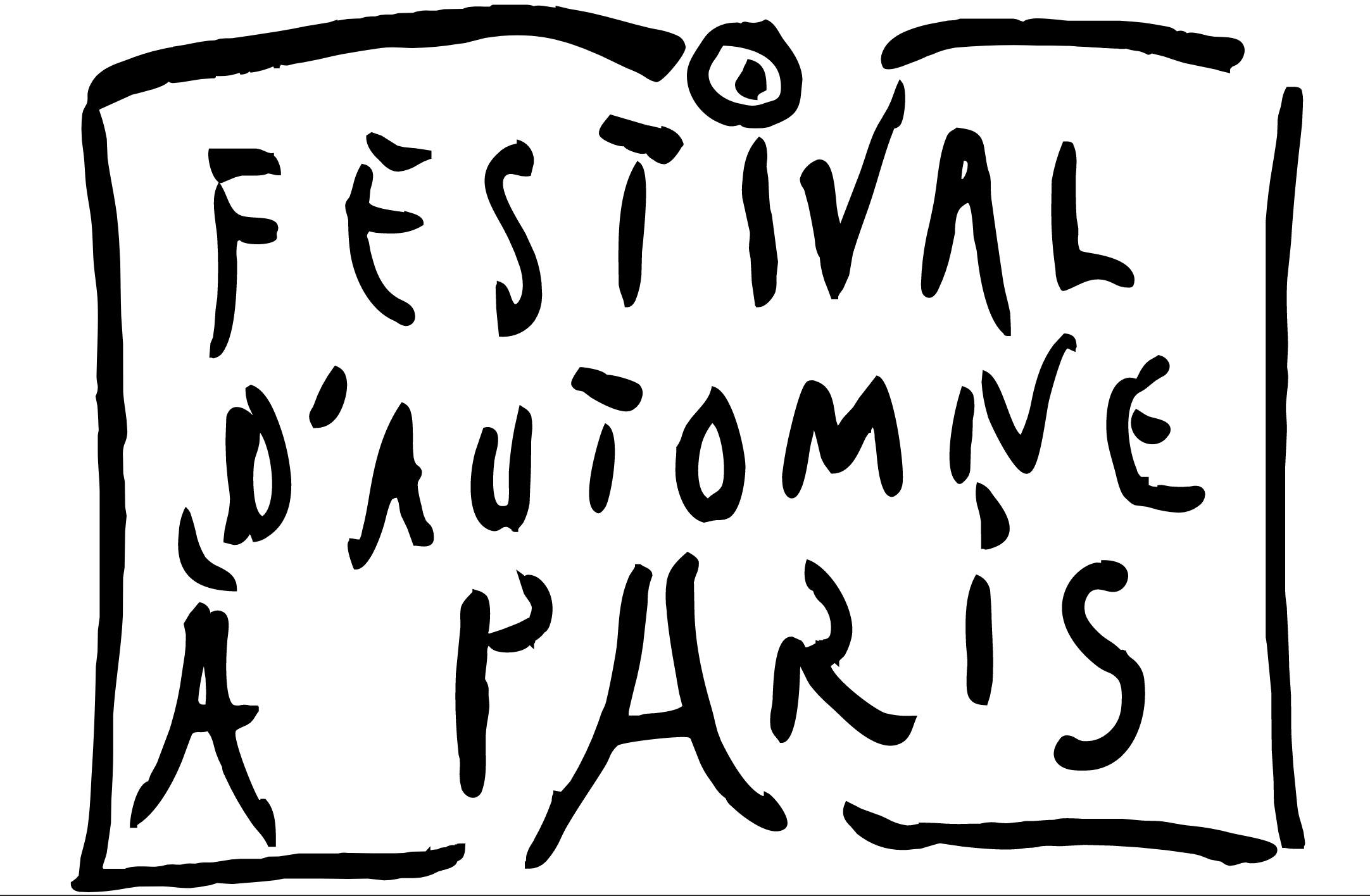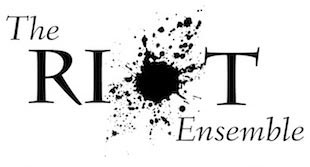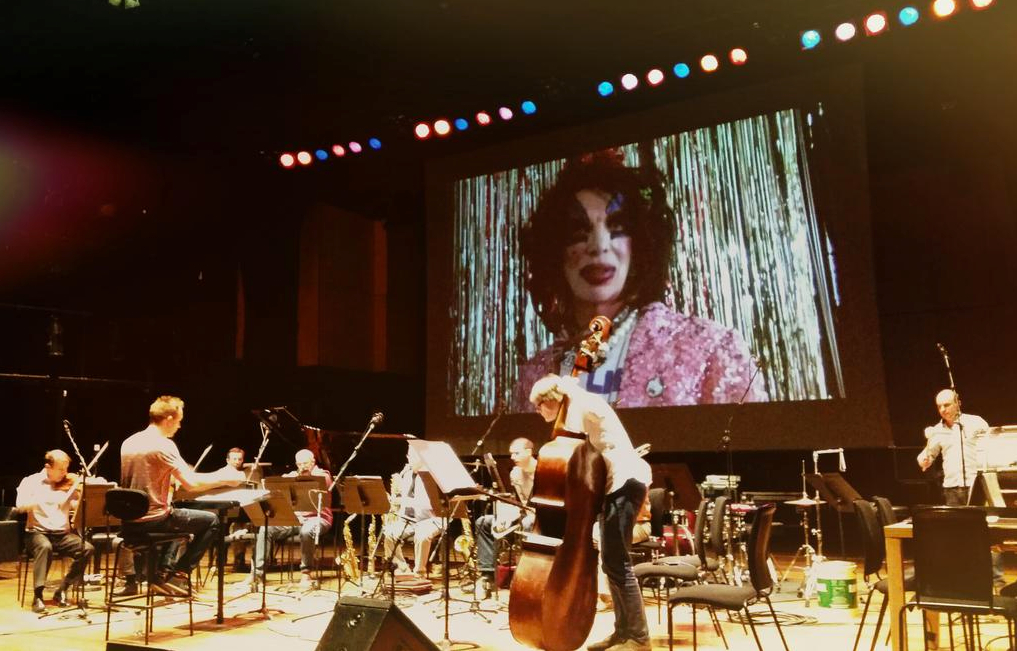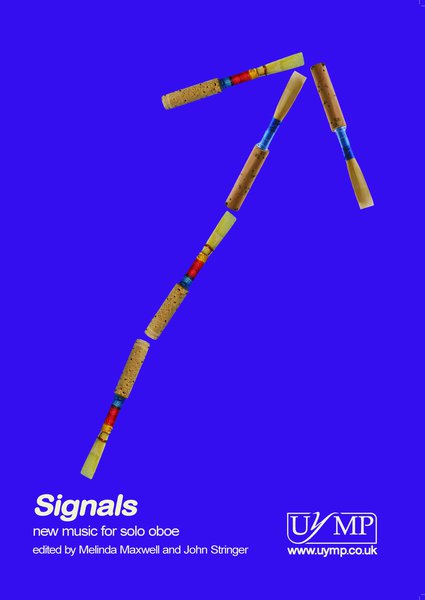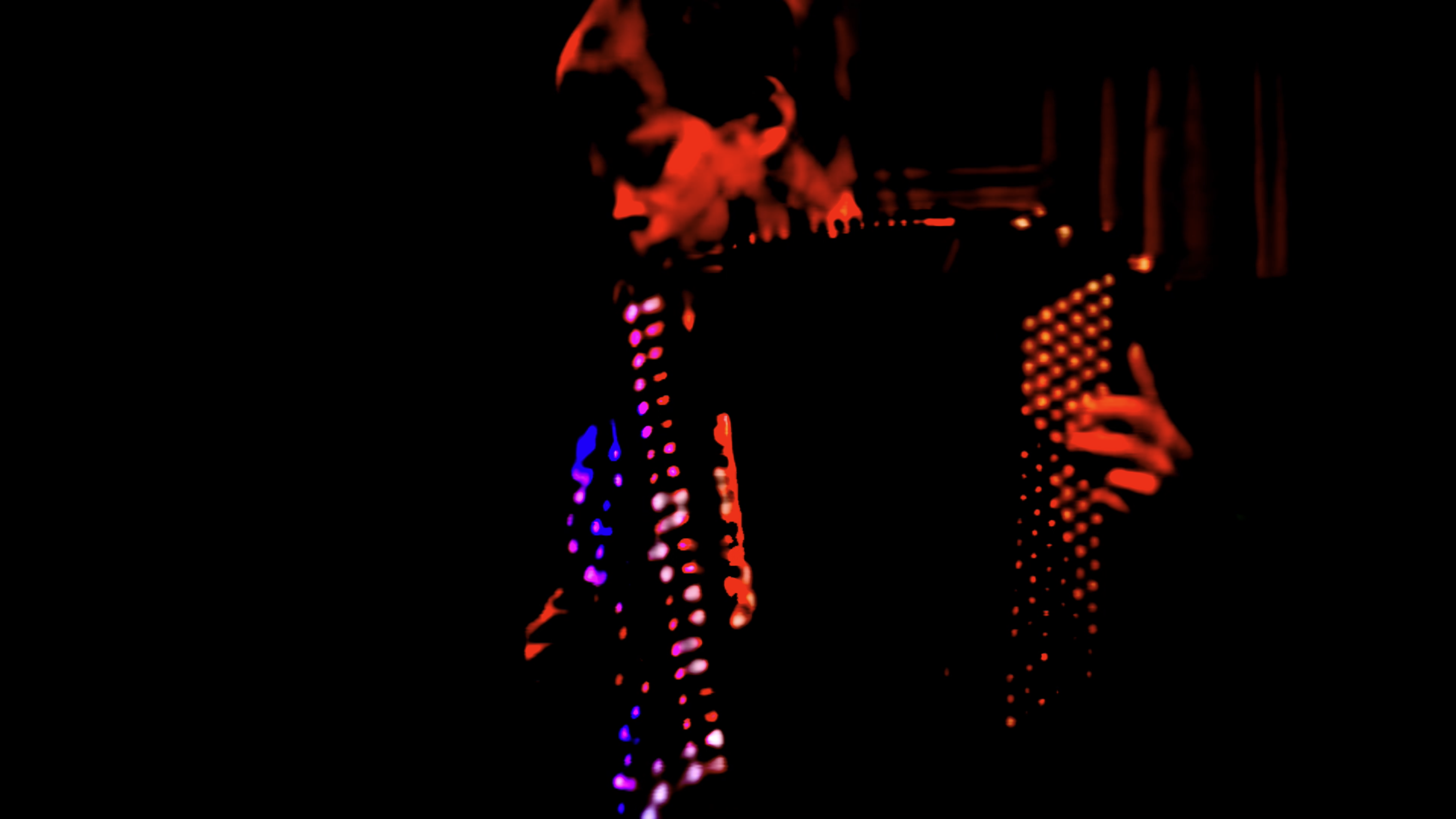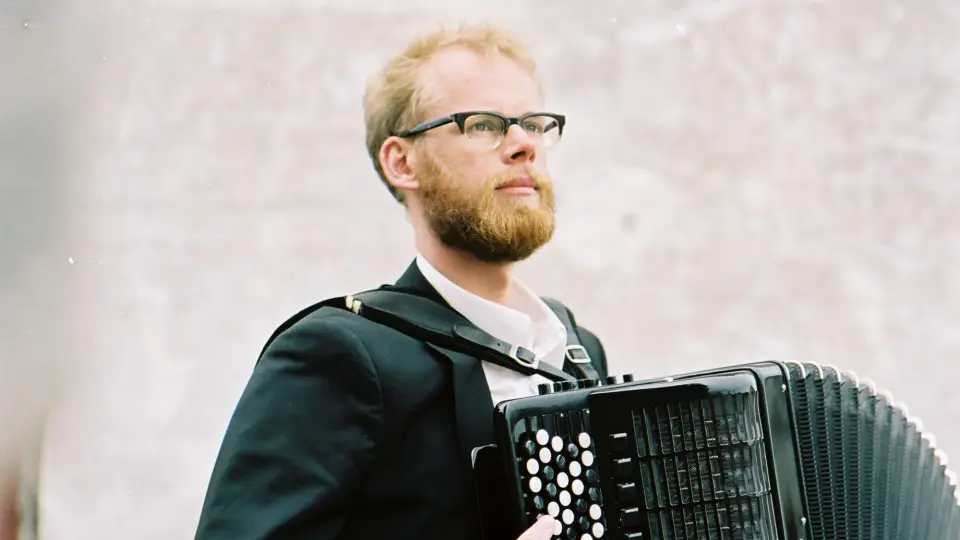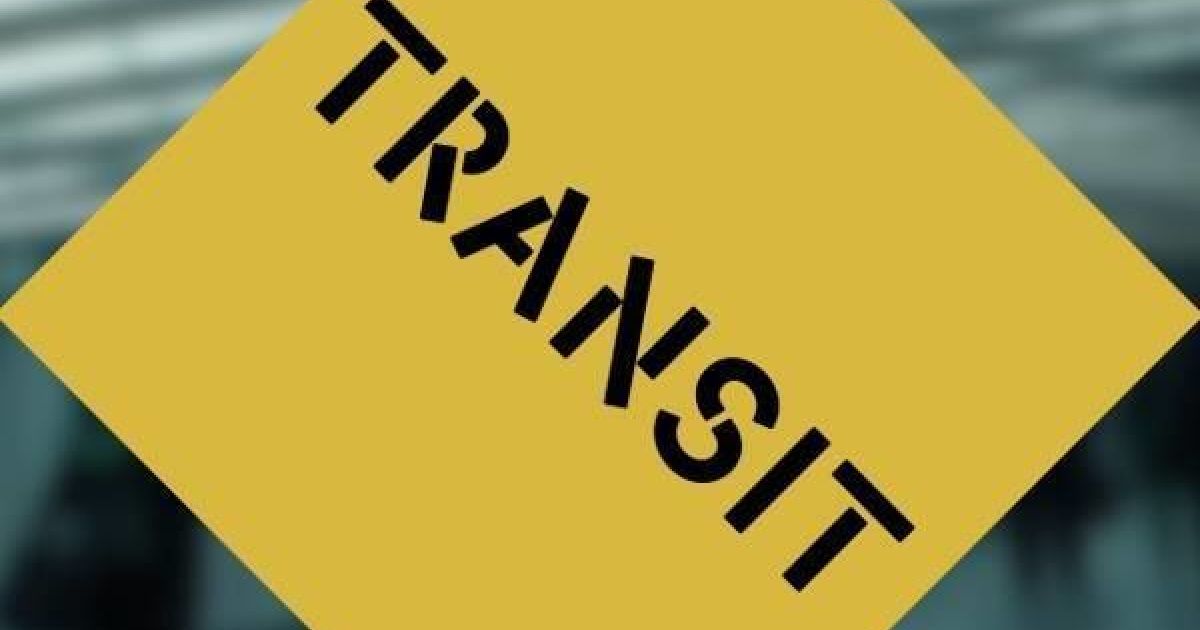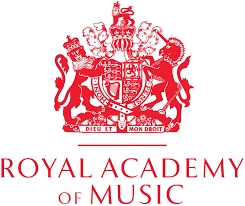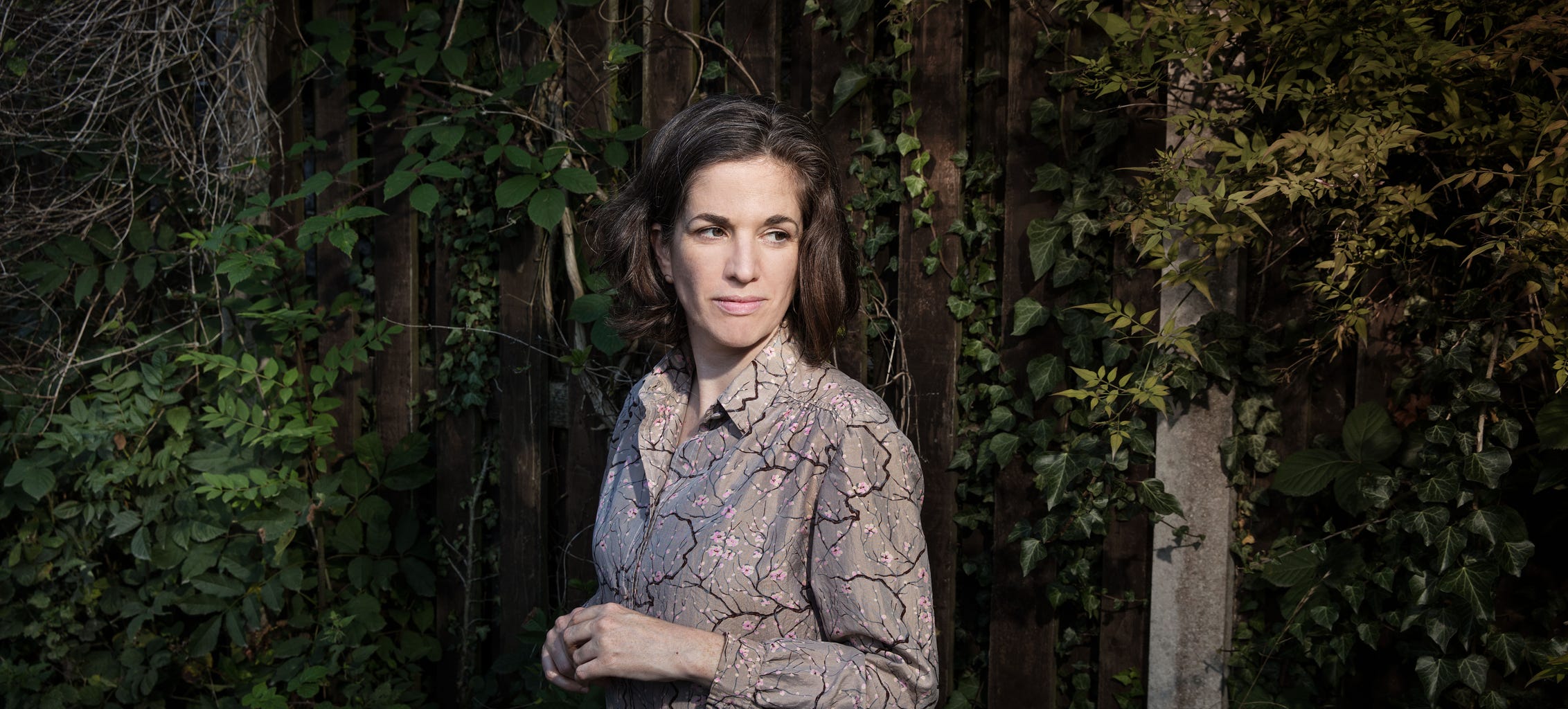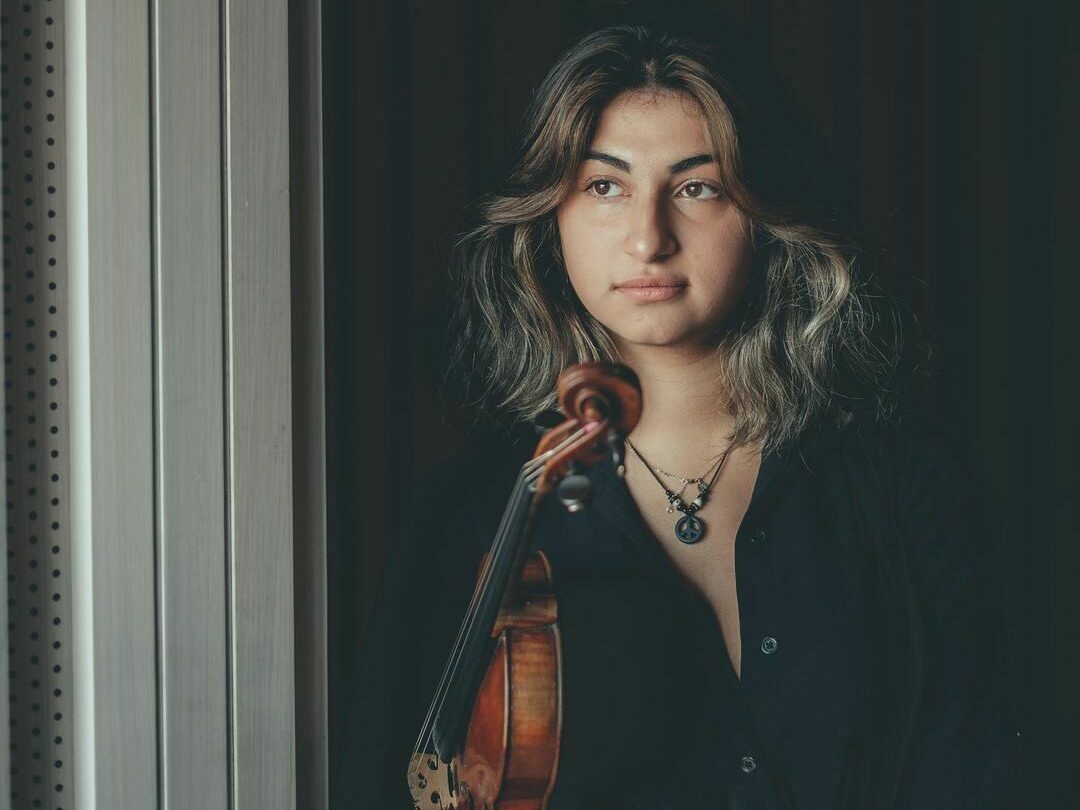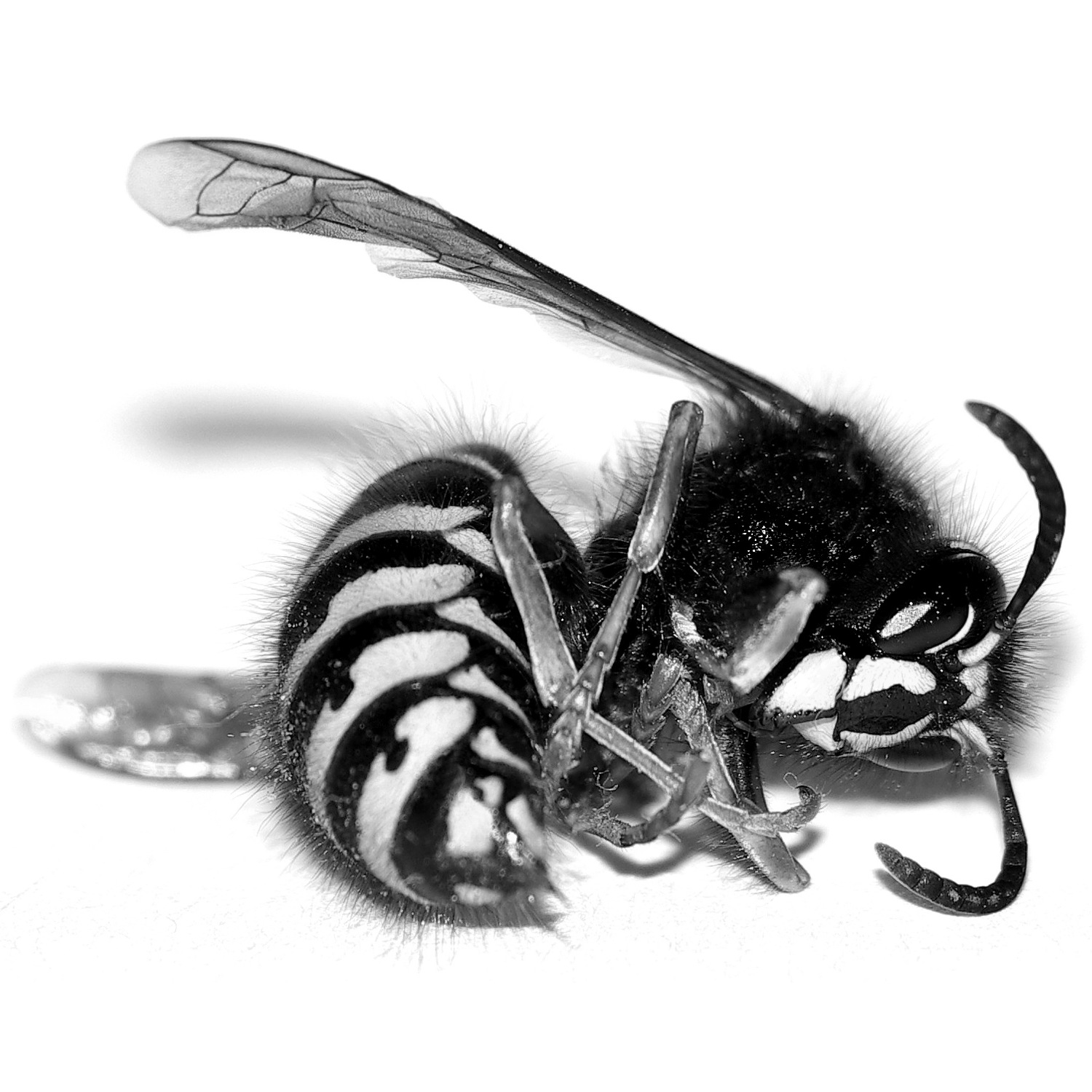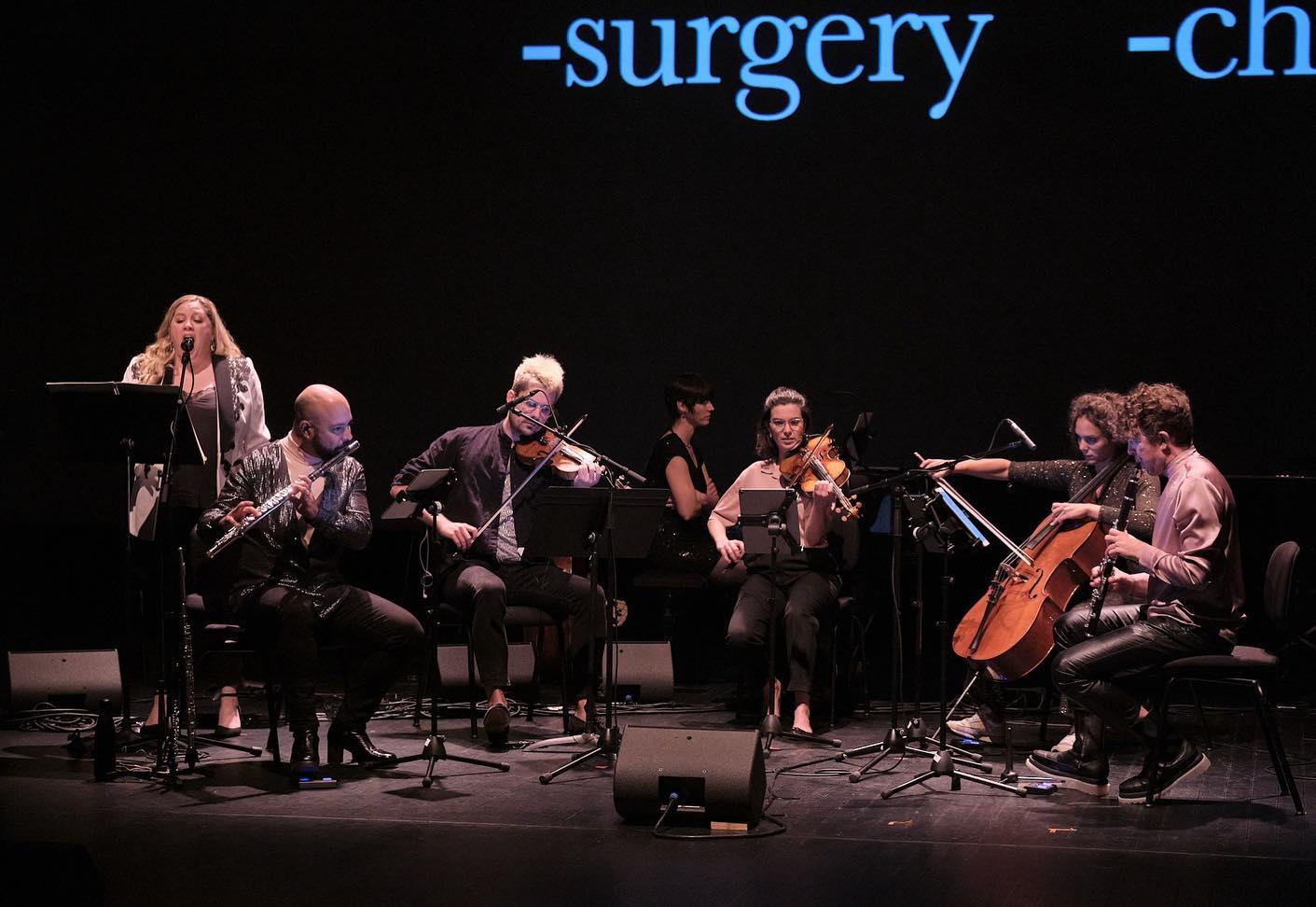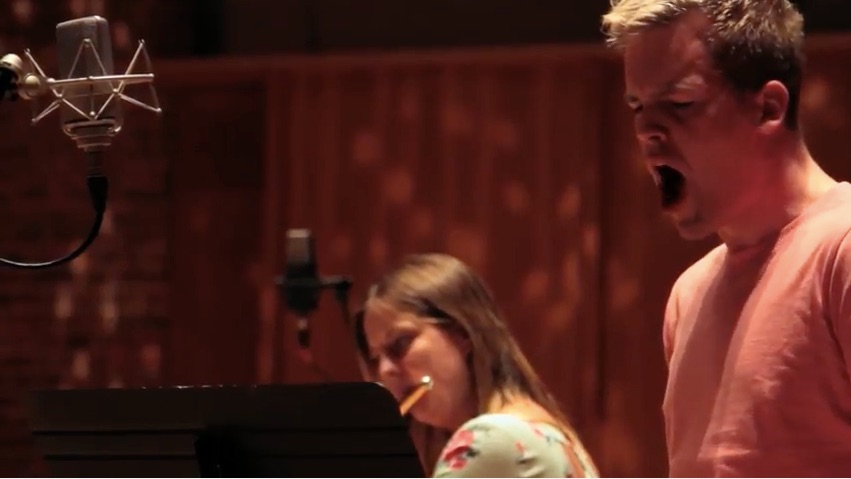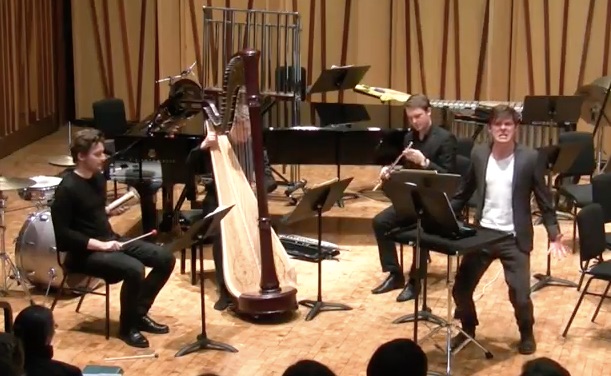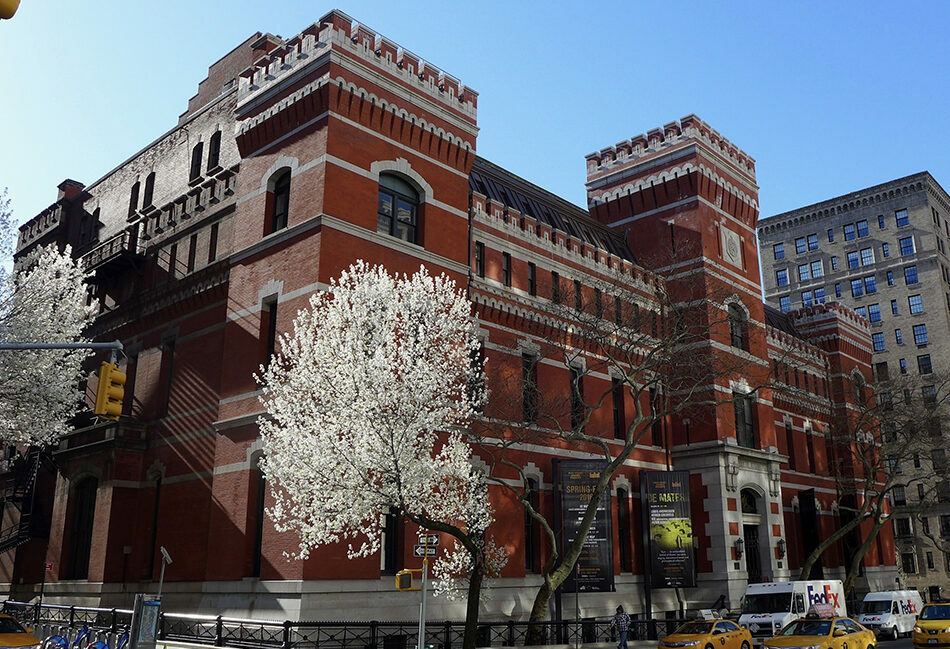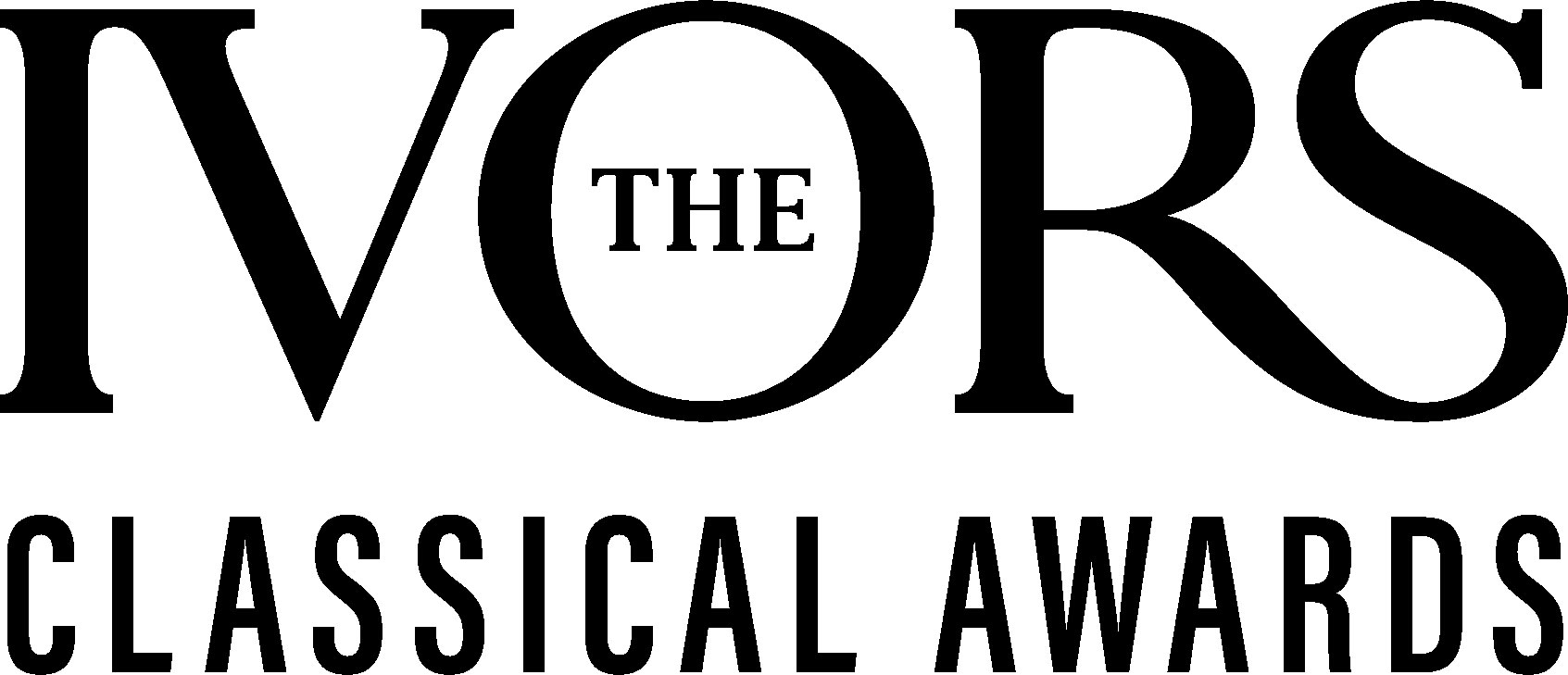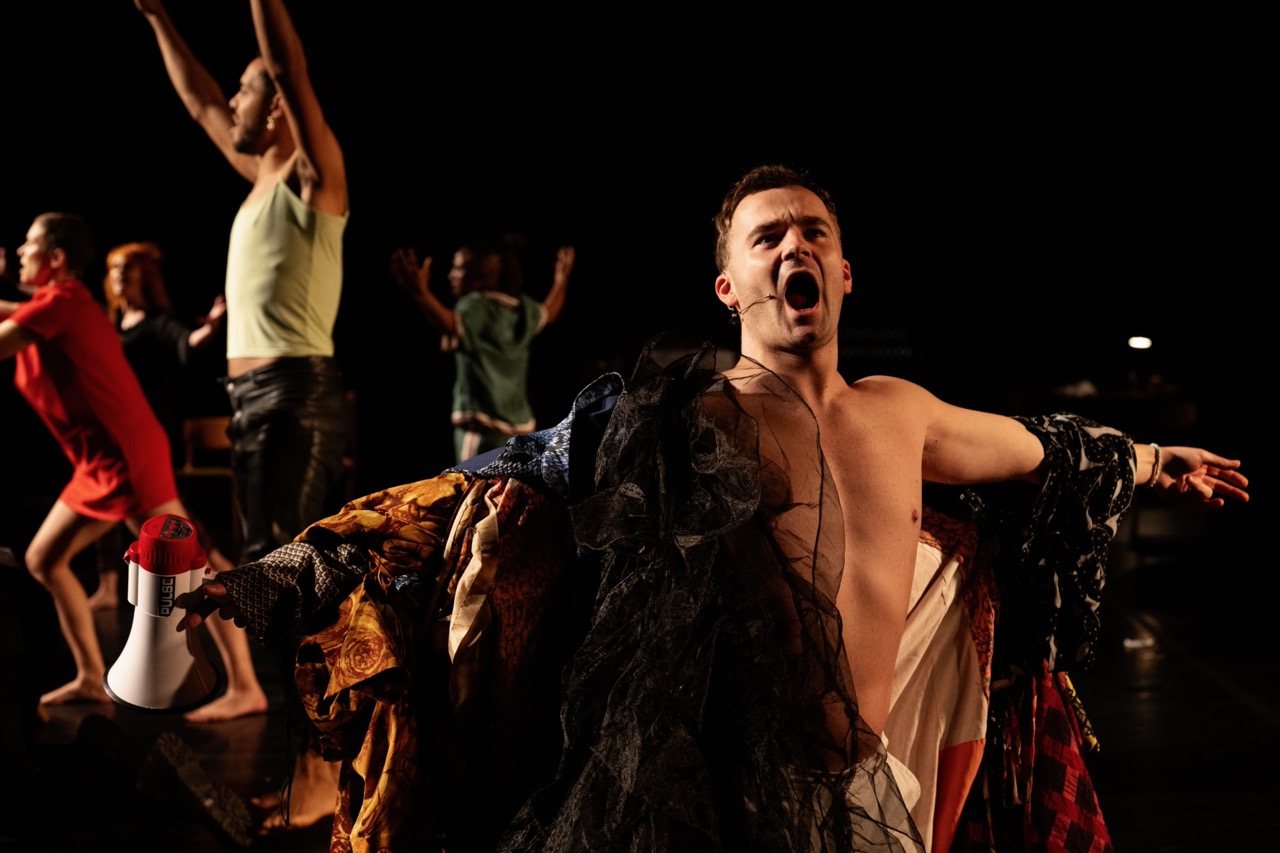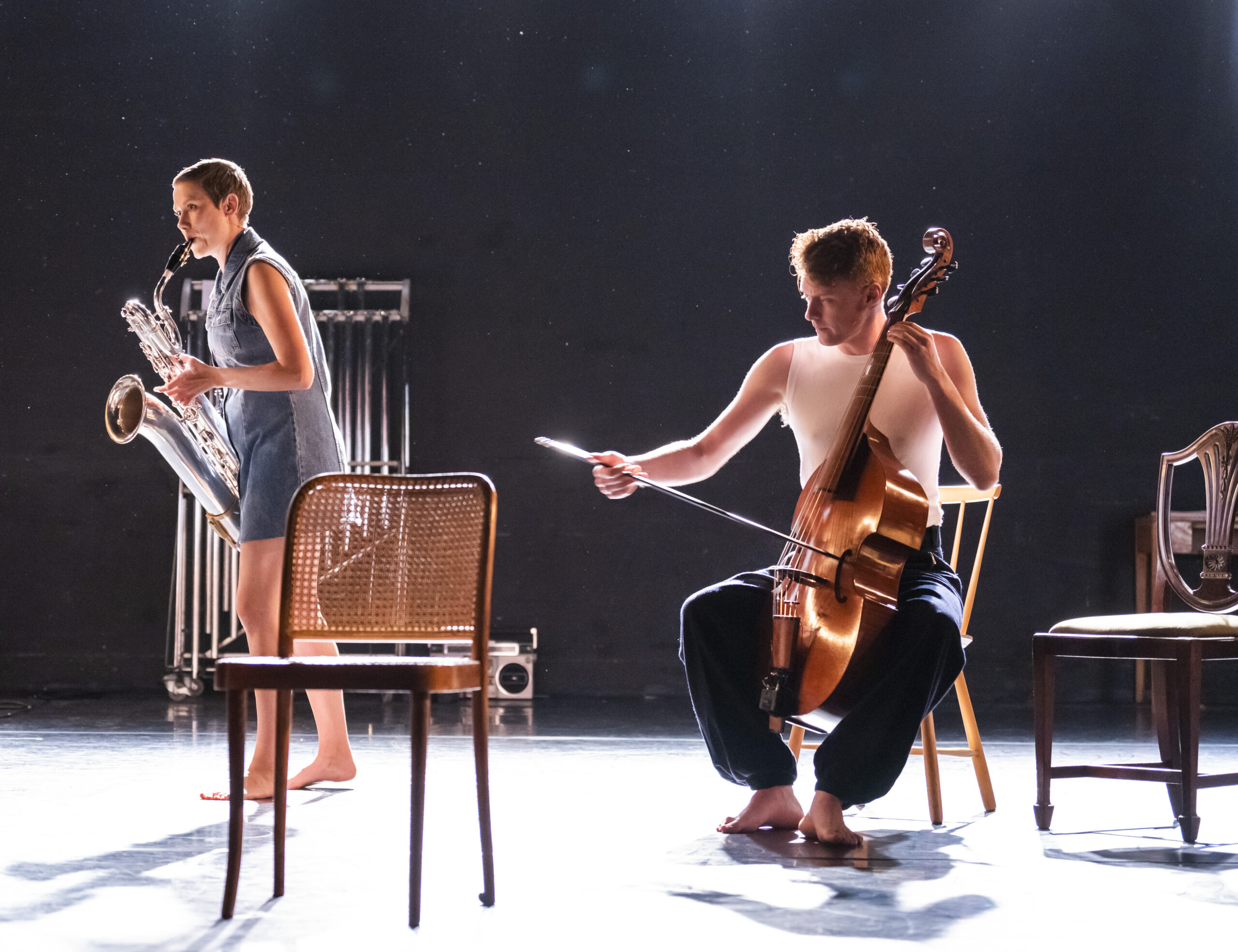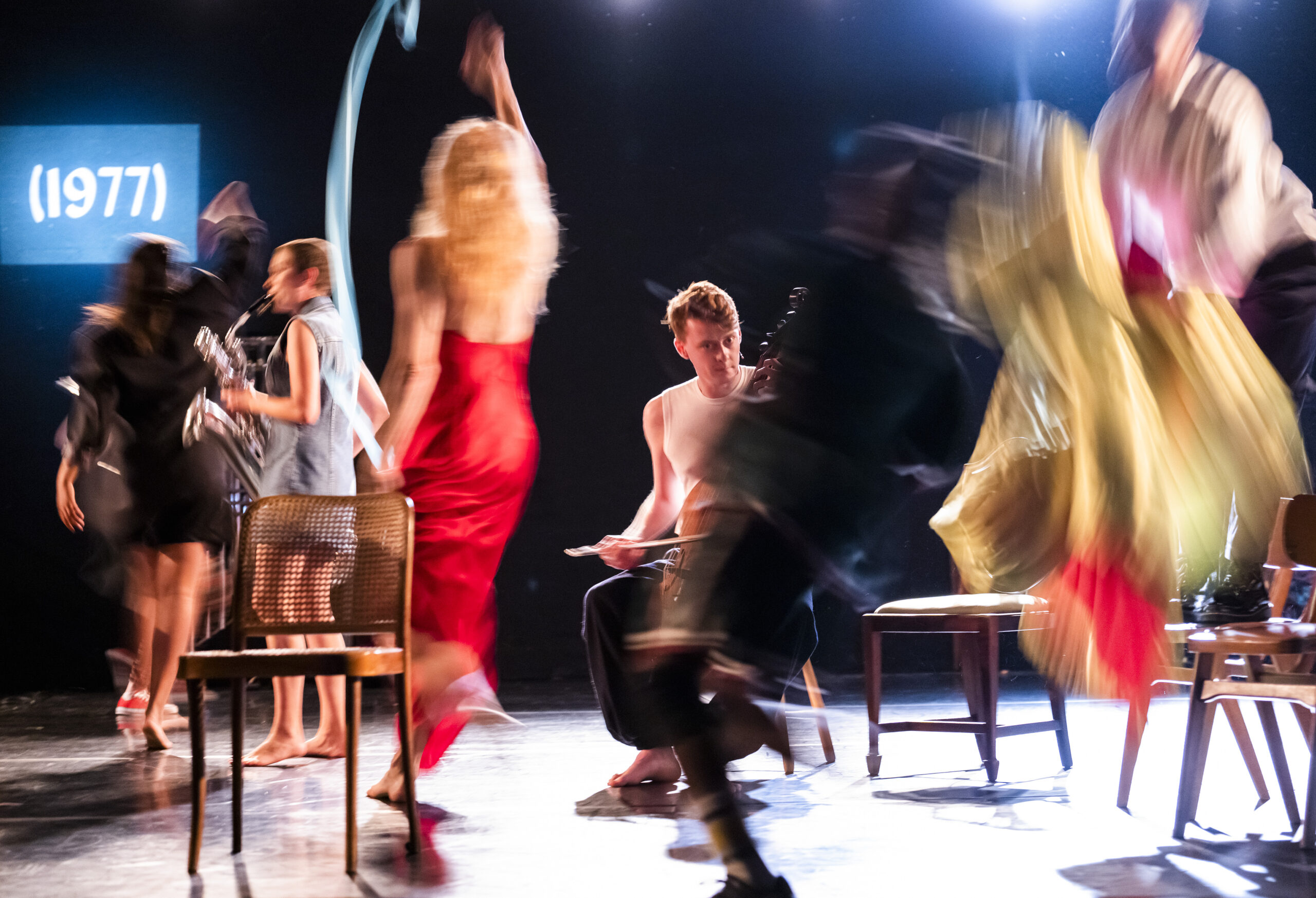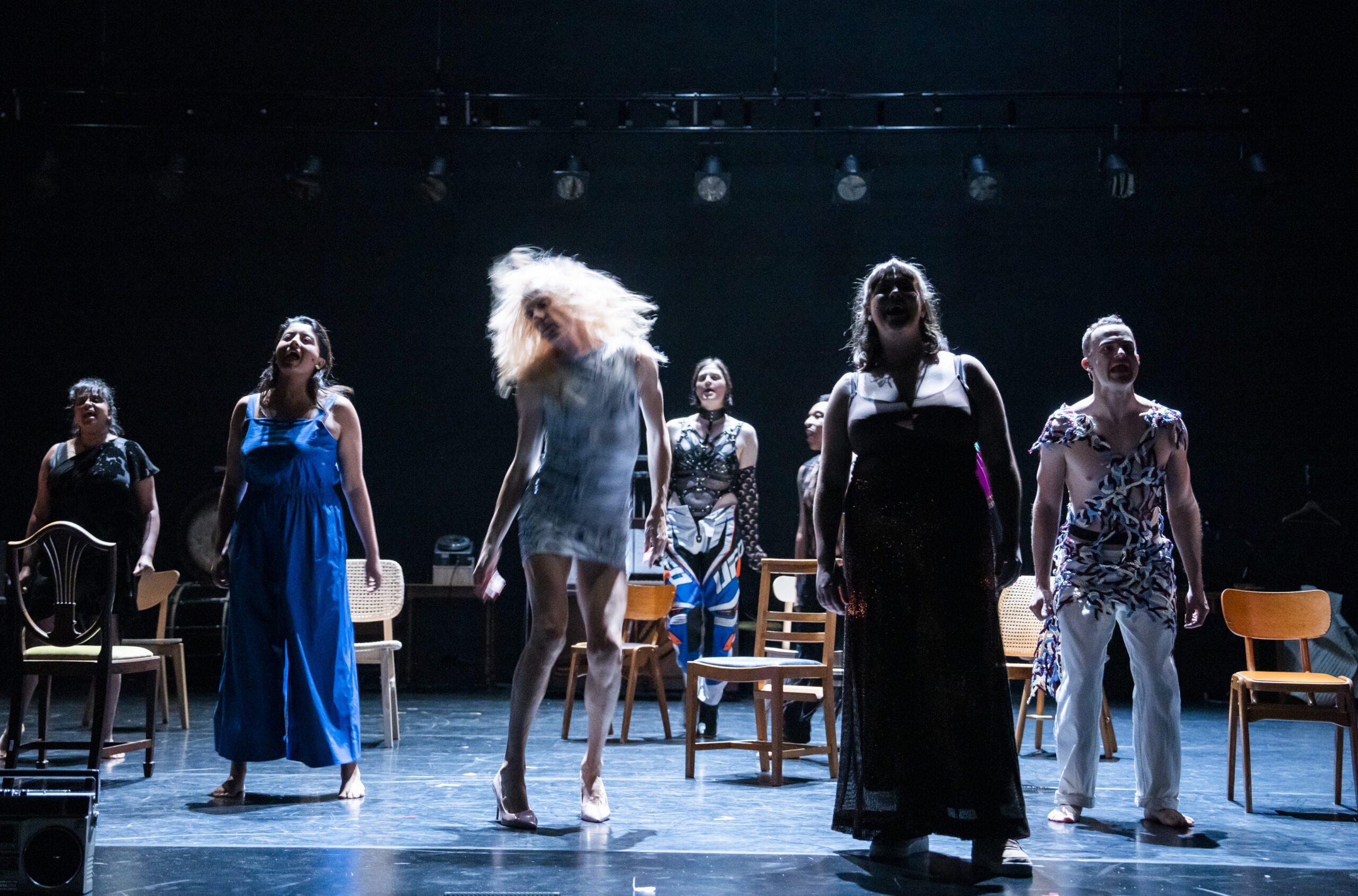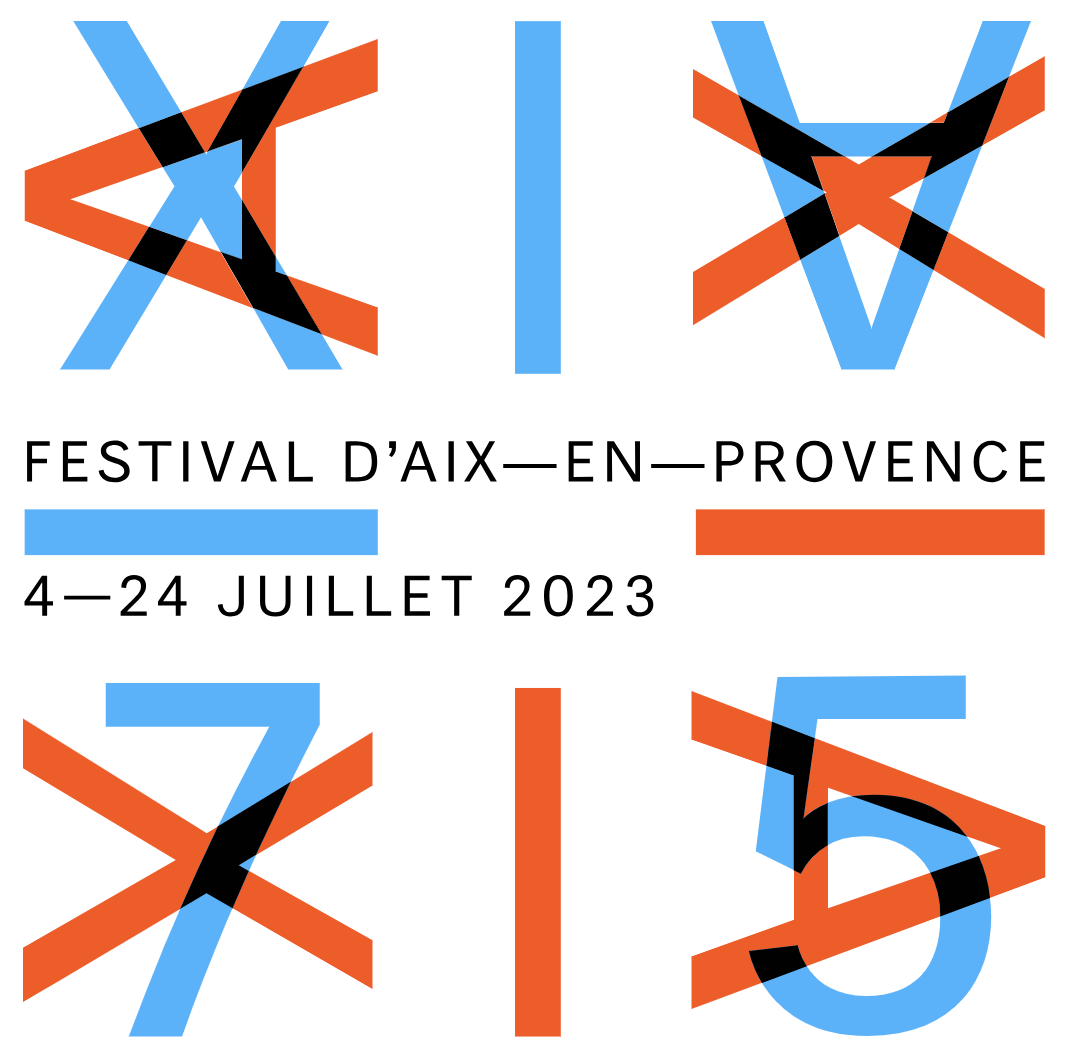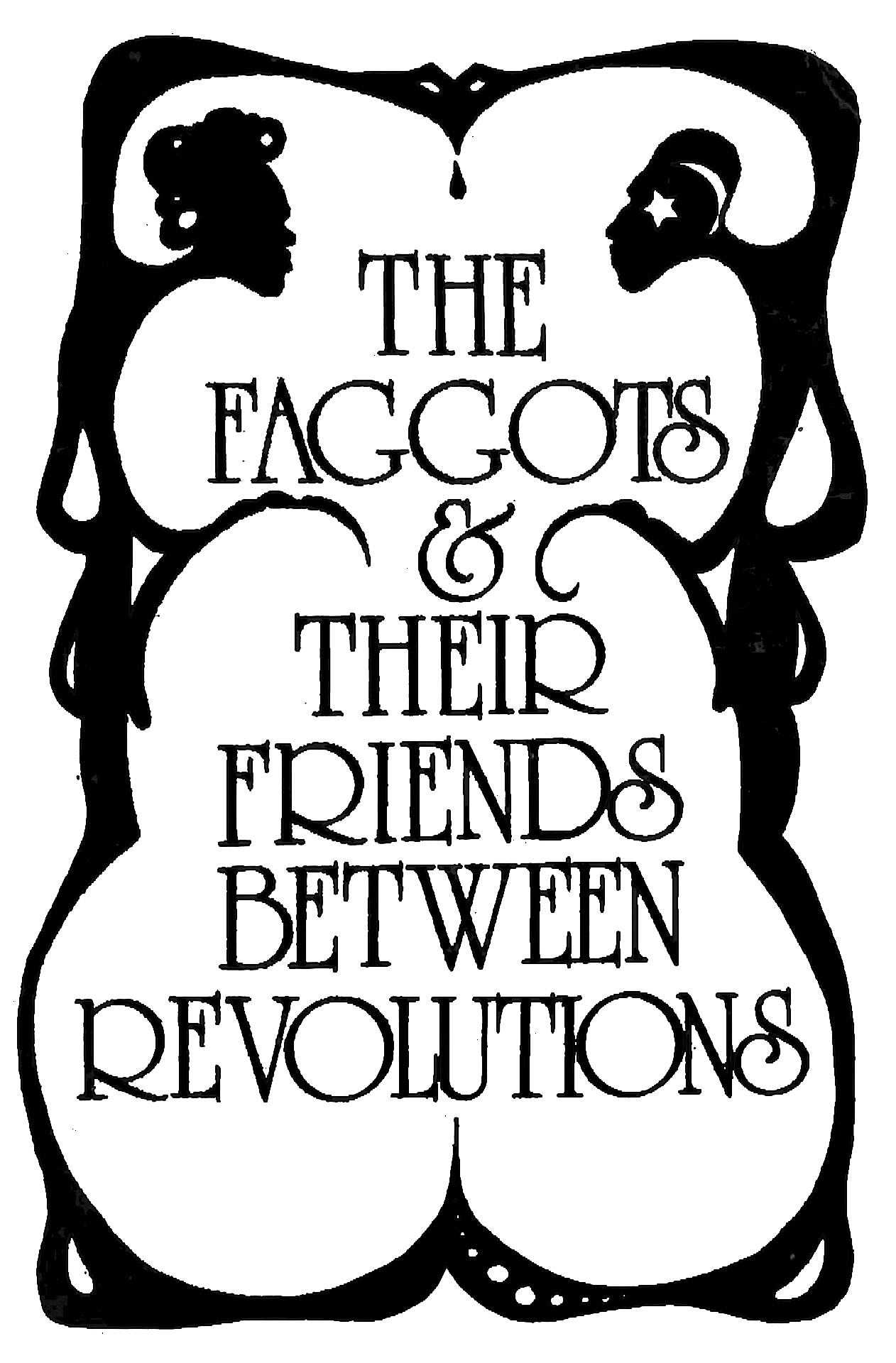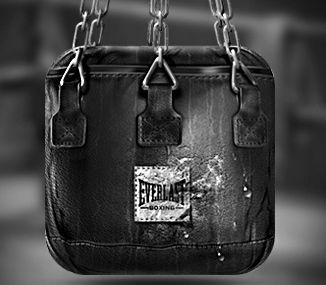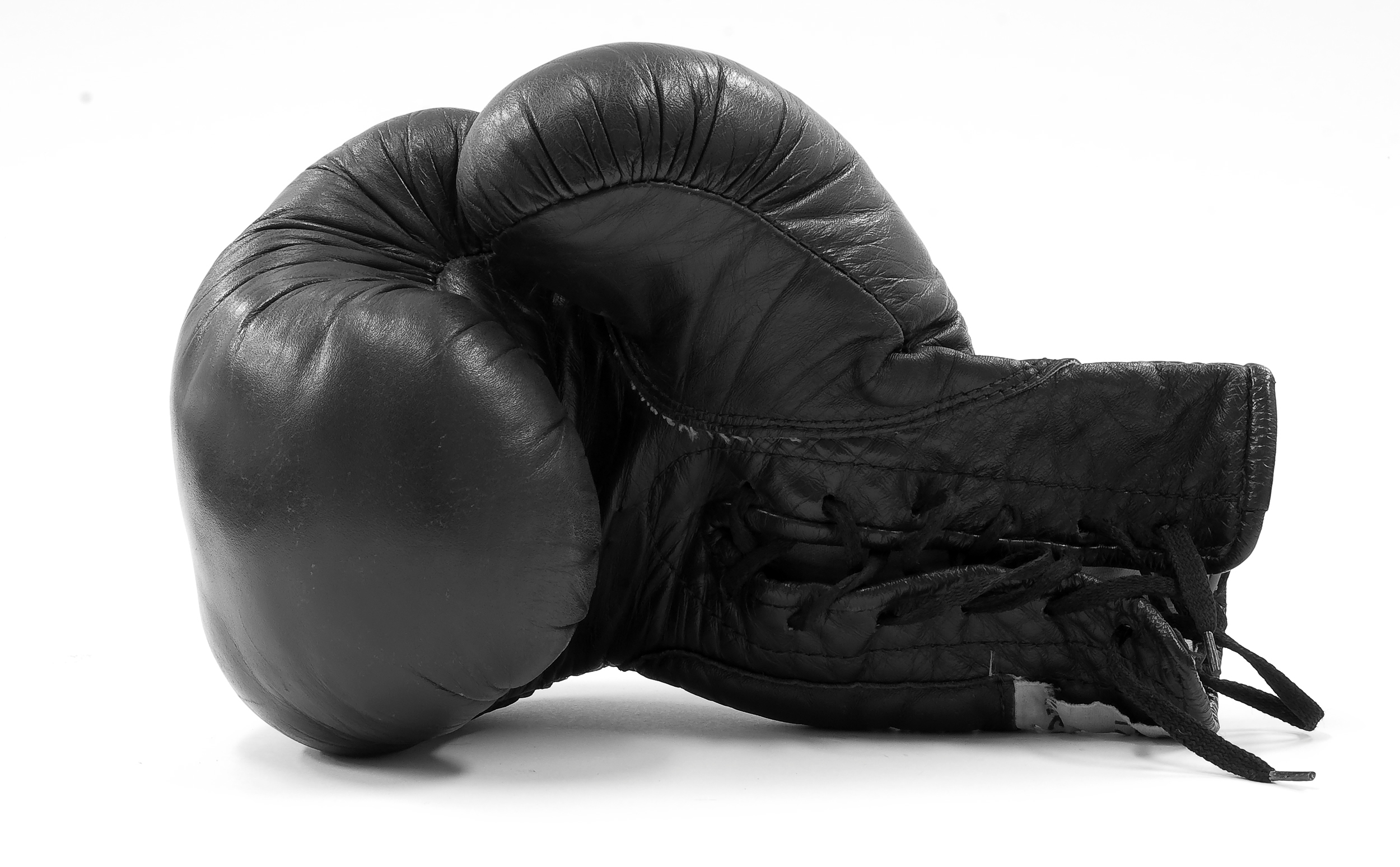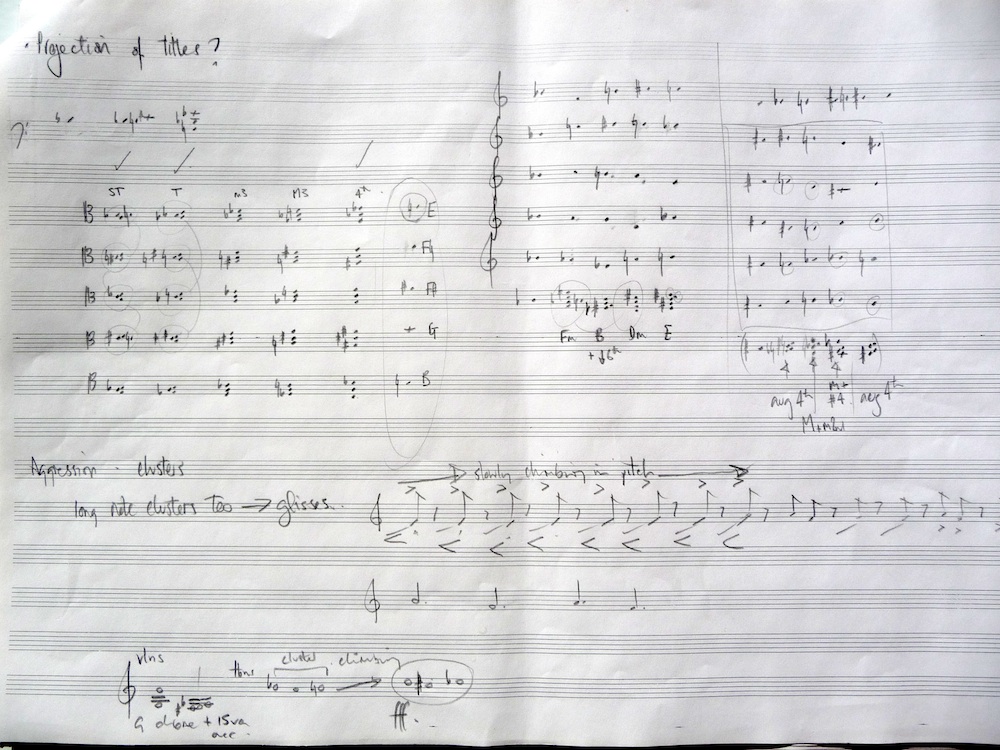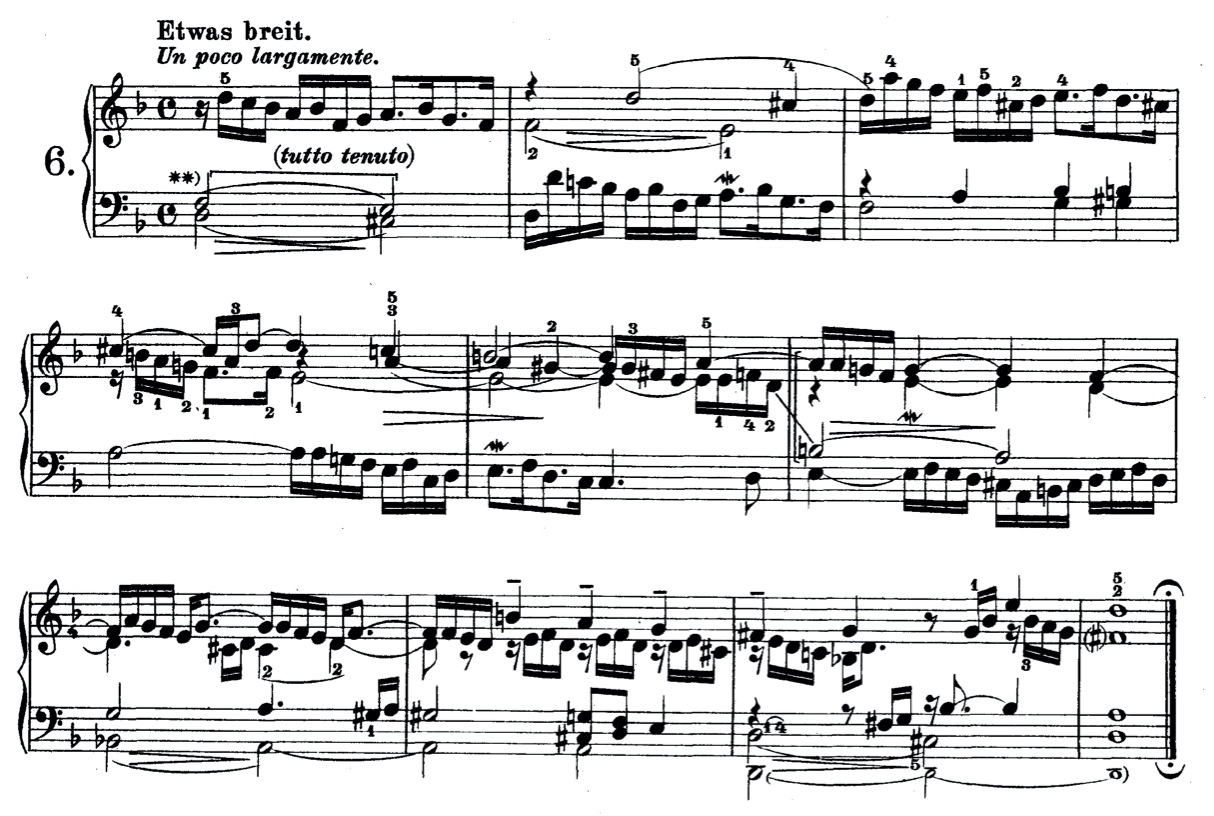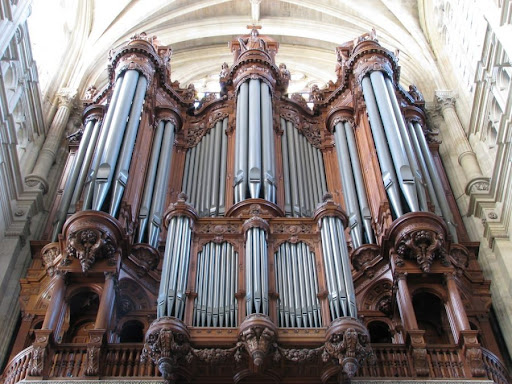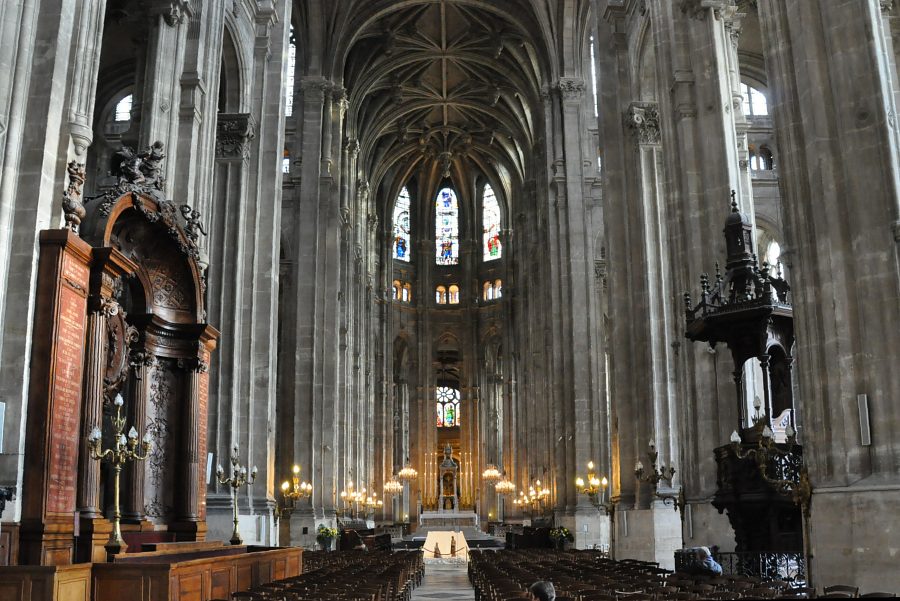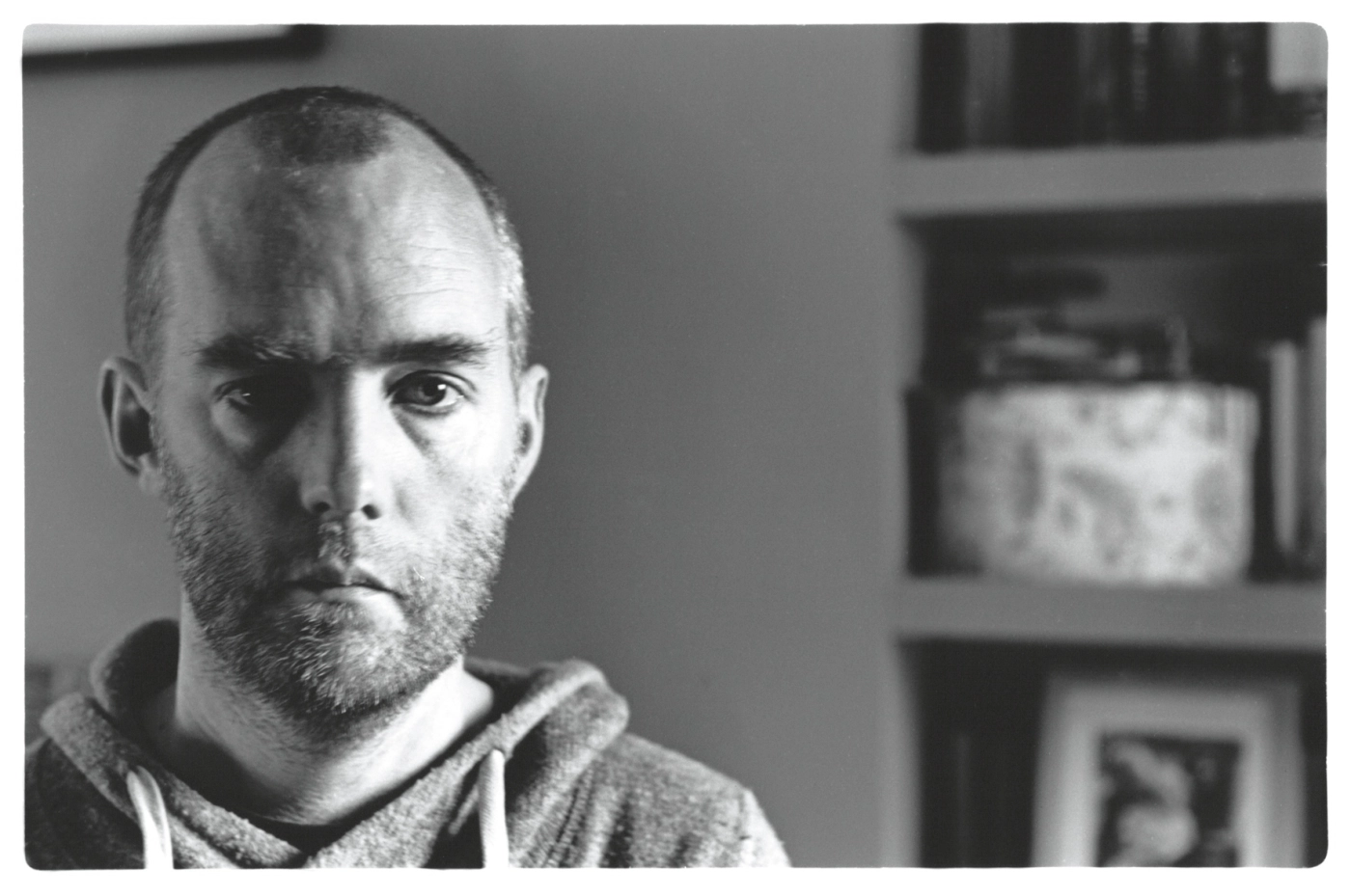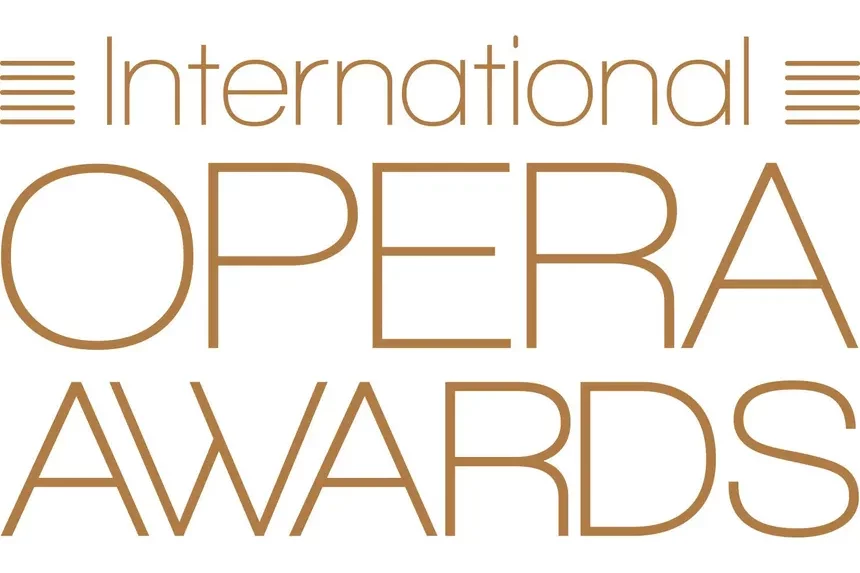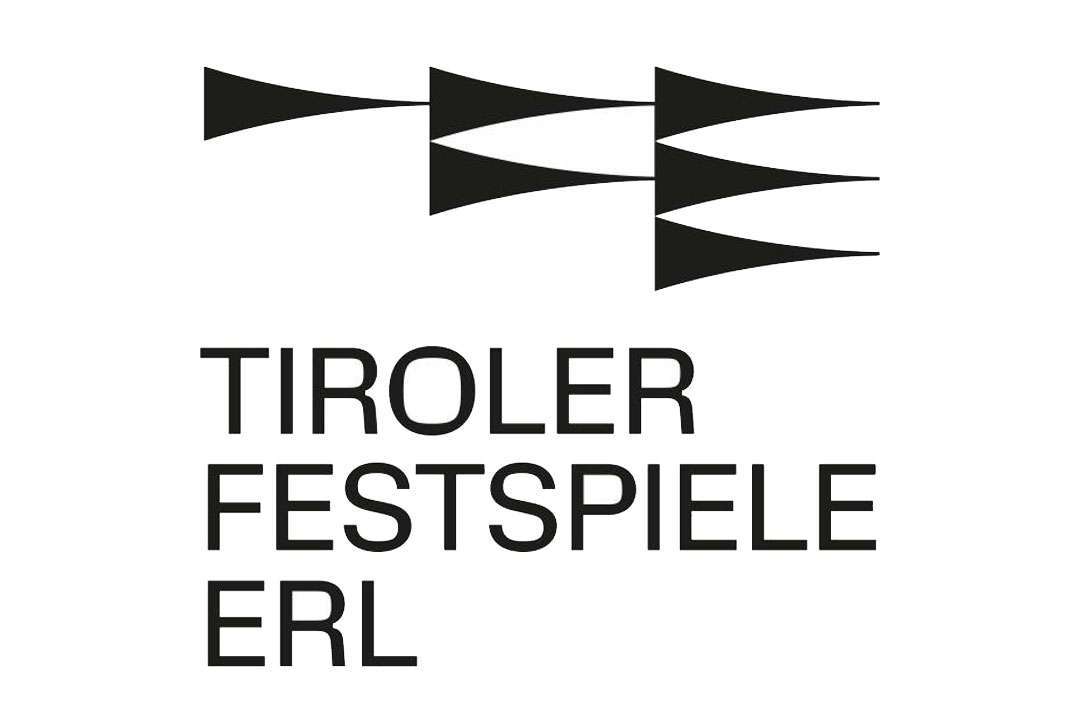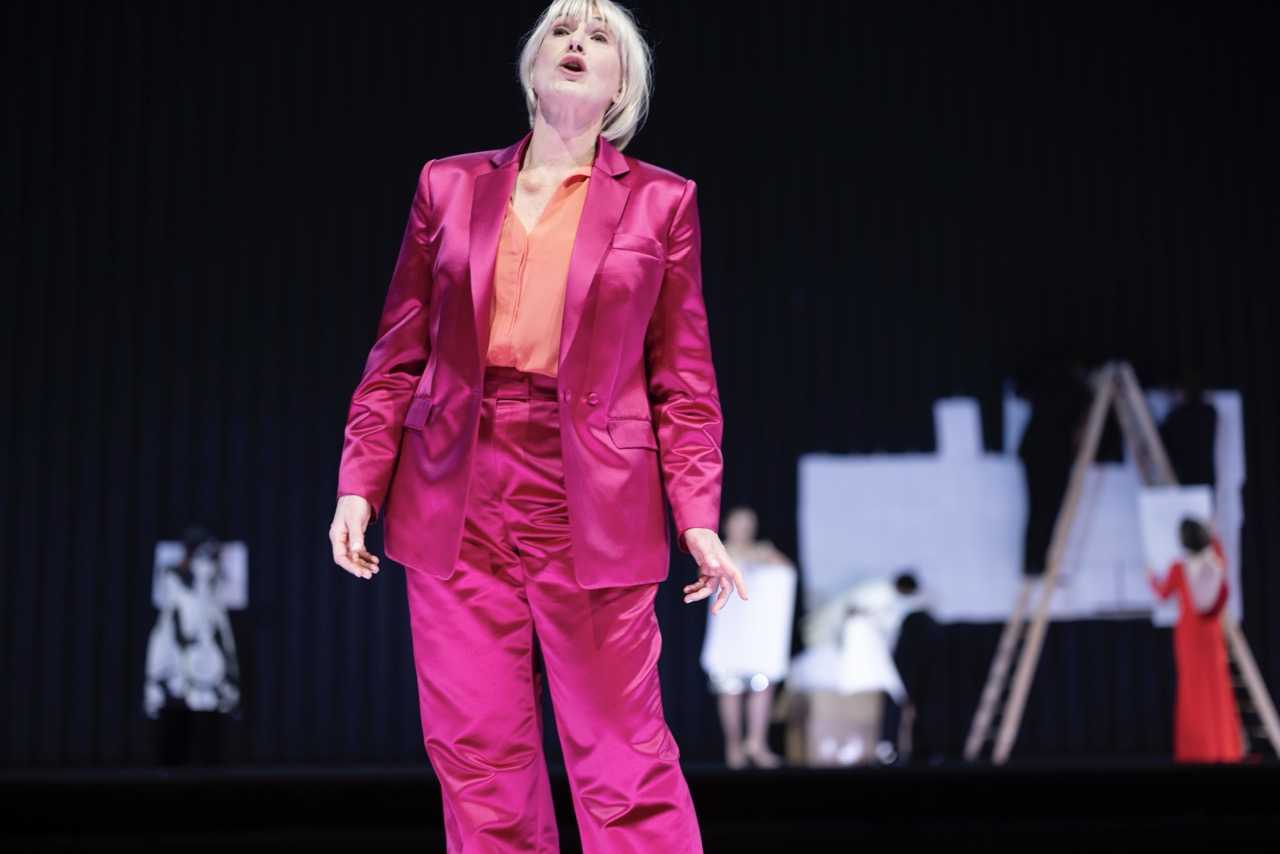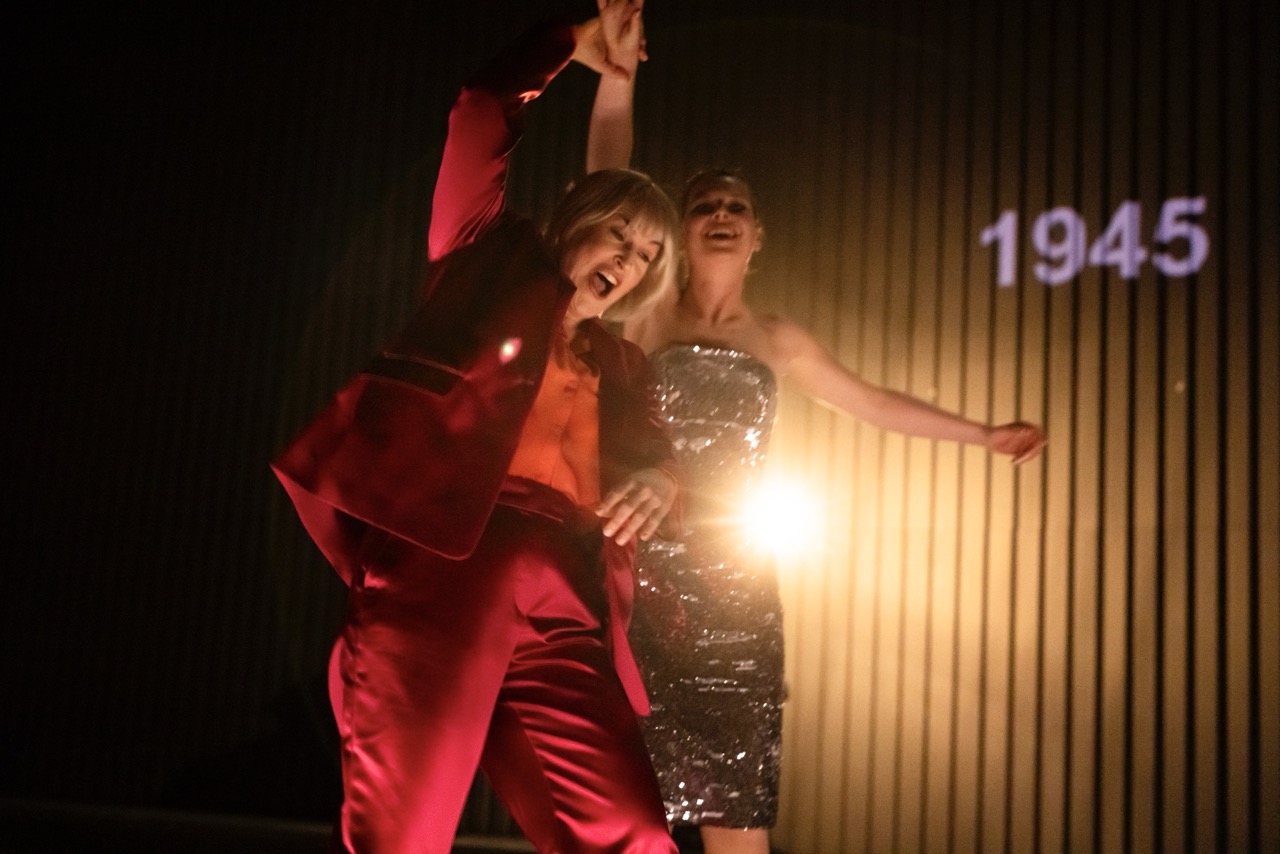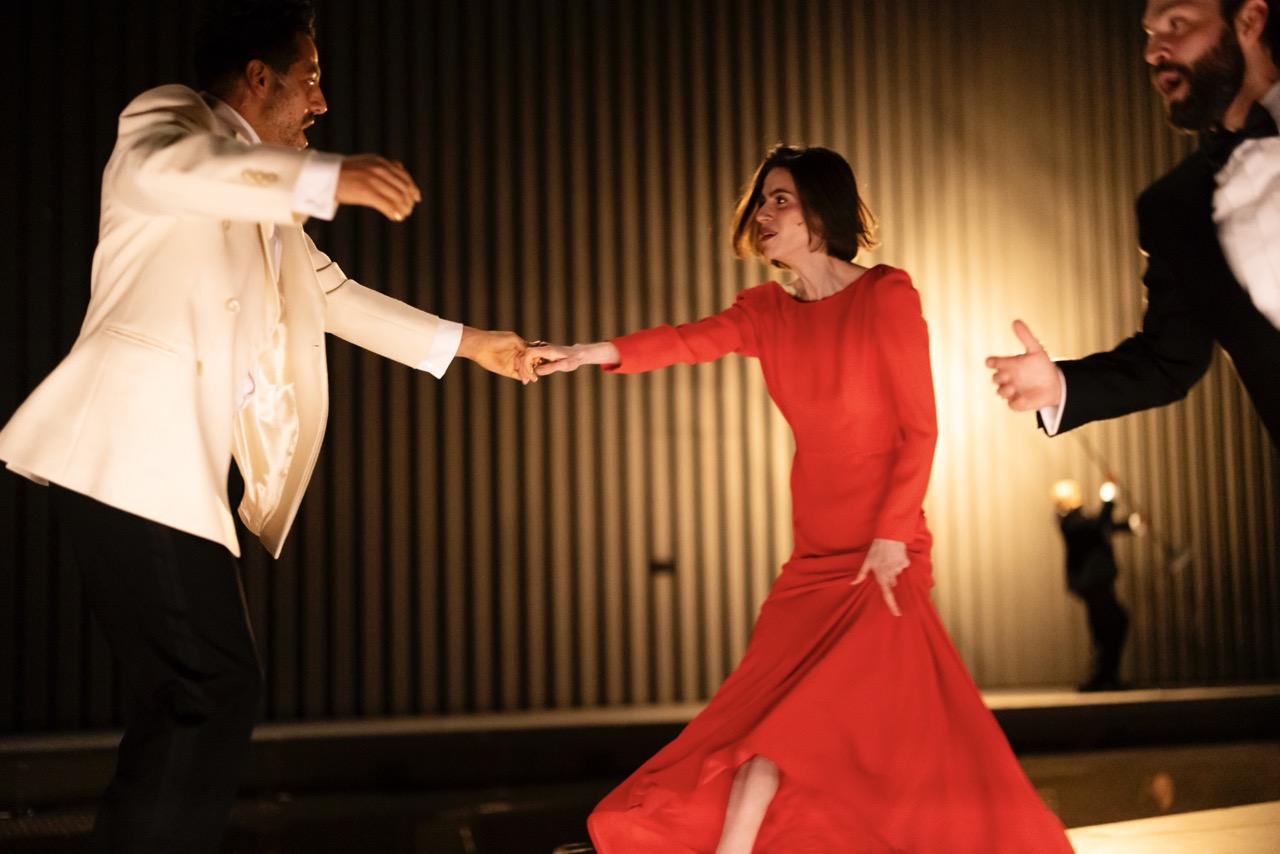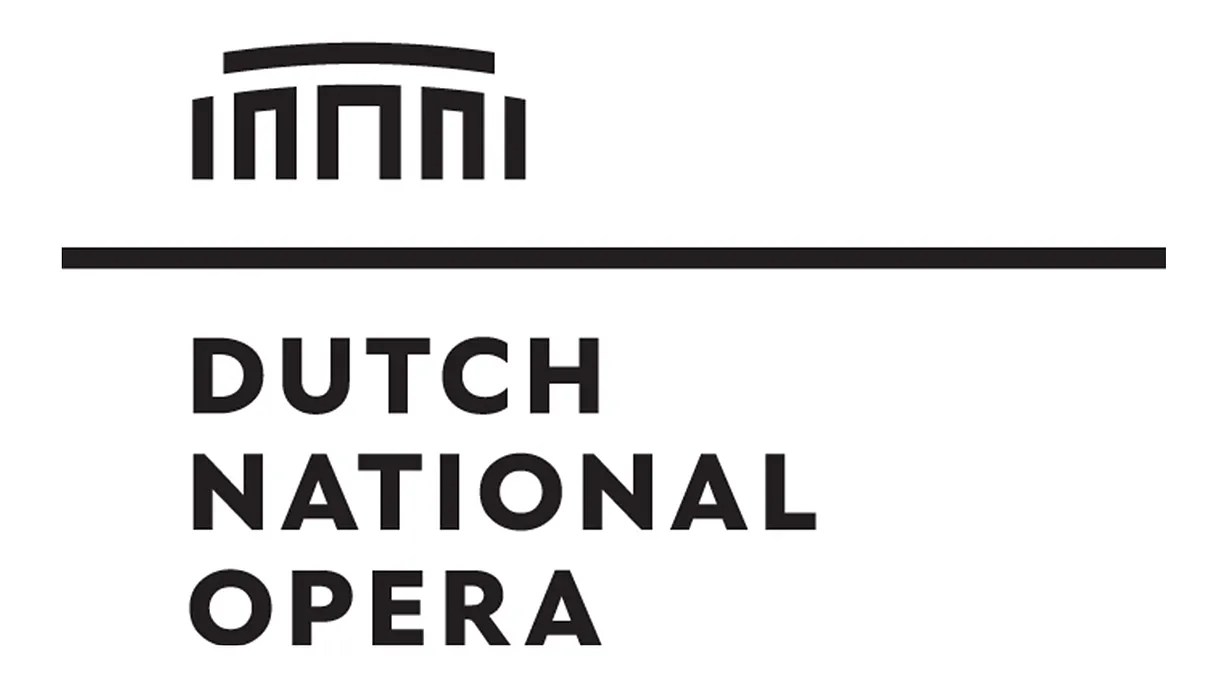Programme Note
Over the past five years, Ted Huffman and I have been researching and making pieces about queer personal histories. One recent project involved us researching US-American archives of queer artists and activists from the 70s and 80s, for which we worked in collaboration with Marcelo Gabriel Yáñez. During the first Covid lockdown, I read Close to the Knives and The Weight of the Earth by David Wojnarowicz, and then, for further materials, Marcelo pointed us towards the Wojnarowicz archive held at the Fales Library at New York University. Particularly, he told us about the existence in this archive of an answer machine tape from November 1987, the time of Peter Hujar’s death.
David Wojnarowicz (1954—1992) was a visual artist, writer, performance artist and AIDS activist prominent in the New York City / East Village art scene during the 1980s up until his death from AIDS-related illness in 1992. His work is well-known for its searing, autobiographical detail, and particularly for the spotlight it shines on the development of the AIDS crisis and the precarity of gay life and emerging artists in the city at the time. David was a close friend and former lover of another artist, photographer Peter Hujar, whom David nursed through the final days before his death from AIDS-related illness on 26th November, 1987. Among other documentations of this period, David took 23 poignant photographs (one for each human chromosome pair) of details of Peter’s body immediately after the moment of death — images which then became Untitled (1988). David also kept the tape from his answer-machine after Peter’s death, which covers the time from 4th November— 1st December 1987, and features 80 minutes of messages from friends, other artists and musicians, his Gallerist, hook-ups, and others caring for Peter.
Zubin Kanga approached me some years ago about a new large-scale piece for piano, as part of his ongoing research project Cyborg Soloists, which aims to develop the artistic potential of various technological inventions for and extensions of the piano. As a result, we decided to work with the KeyScanner from the Augmented Instruments Laboratory, which non-invasively detects key-strokes on a standard piano. We worked with programmer Simon Hendry to turn the piano into an enormous typewriter, following earlier work in 4.48 Psychosis (2016) and Denis & Katya (2019). The source tape, with only some messages removed for brevity, forms a central thread around which the piano-typewriter explore ideas of transcription and annotation. The narrative presented by the tape is elliptical, opaque, mysterious, intimate — repetitive and yet never repeating. The AIDS crisis haunts every message, and yet the messages themselves, like everyday life, deal mostly only with minutiae and banality. Where are you? Come to my gig. When should I visit? Call me back.
Answer Machine Tape, 1987 is a work that is enigmatic and meditative, that opens a door for the audience, but requires them to take a step inside. We eavesdrop into a private world, messages are transliterated into a musical fabric, become character studies, become reflections on a community, become attempts to decipher meaning. Transcription, and its failure in the face of extreme difficulty, becomes a poignant metaphor for the AIDS crisis and its devastating effect on a generation.
Answer Machine Tape, 1987 is dedicated to Joséphine Markovits with much appreciation for her friendship and support.
Details
Answer Machine Tape, 1987 was commissioned by Zubin Kanga with the support of a UKRI Future Leaders Fellowship, Royal Holloway, University of London and The Marchus Trust; Time of Music (Musiikin aika, Finland), November Music (Netherlands) and Huddersfield Contemporary Music Festival (UK) with the support of Sounds Now and Creative Europe; and Festival d’Automne à Paris (France). Support for some research time was provided by Neustart Kultur.
Published by Ricordi Musikverlag GmbH
Duration: 45 minutes
Instrumentation: solo piano with MIDI detection (e.g. KeyScanner), MaxMSP and software synth, Projector and Tape.
The Max interface is provided with the hire material.
Answer Machine Tape, 1987 was based on a concept developed in collaboration with Ted Huffman.
Software Programming: Simon Hendry
Answer Machine Tape, 1987 was premiered by Zubin Kanga on 8th July 2022 at Time of Music Festival (Musiikin aika), Viitasaari, Finland.
With thanks to:
Marcelo Gabriel Yáñez for his assistance with research and for the transcription of the audio tape.
Anneliis Beadnell at PPOW Gallery for her assistance and liaison with the Estate of David Wojnarowicz.
Buy score
Answer Machine Tape, 1987 is exclusive to Zubin Kanga until 11th July 2027. The electronic material will be available for hire for performances after that date.
Performances of Answer Machine Tape, 1987
There are no forthcoming events. If you have an event, please let us know.
-
Friday, 08 July 2022, 18:00
Answer Machine Tape, 1987 (world premiere), performed by Zubin Kanga
Time of Music Festival, Viitasaari Finland
World premiere of this new piece for piano and multimedia, written in collaboration with Ted Huffman and Simon Hendry. Commissioned by Time of Music Festival, Huddersfield Contemporary Music Festival, November Music, Festival d’Automne à Paris and Zubin Kanga, the latter as part of Cyborg Soloists, supported by a UKRI Future Leaders Fellowship and Royal Holloway, University of London. https://festivals.fi/en/festivals/time-of-music-viitasaari/
-
Saturday, 12 November 2022, 15:00
Answer Machine Tape, 1987
November Music, Den Bosch, Netherlands
Zubin Kanga performs this new work for piano and multimedia, co-commissioned by November Music.
-
Saturday, 19 November 2022, 16:00
Answer Machine Tape, 1987
Bates Mill, HCMF, Hudderfield, UK
Zubin Kanga performs this new work for piano and multimedia, co-commissioned by Huddersfield Contemporary Music Festival
-
Monday, 05 December 2022, 19:00
Answer Machine Tape, 1987 at Festival d'Automne à Paris
Théâtre De La Ville – Espace Pierre Cardin 1 Avenue Gabriel 75008 Paris France
Zubin Kanga performs this new work for piano and multimedia, co-commissioned by Festival d’Automne à Paris.
-
Tuesday, 19 September 2023, 17:00
Answer Machine Tape, 1987 at Musica Festival
Pôle Sud 1 Rue de Bourgogne 67100 Strasbourg France
Zubin Kanga performs this work for piano and multimedia. Tickets: https://festivalmusica.fr/manifestation/1941/answer-machine-tape-1987
-
Tuesday, 19 September 2023, 20:00
Answer Machine Tape, 1987 at Musica Festival
Pôle Sud 1 Rue de Bourgogne 67100 Strasbourg France
Zubin Kanga performs this work for piano and multimedia. Tickets: https://festivalmusica.fr/manifestation/1942/answer-machine-tape-1987
-
Wednesday, 18 October 2023, 18:30
Answer Machine Tape, 1987 at Oxford Contemporary Music
St John's College Auditorium St Giles Oxford OX1 3JP England
Zubin Kanga performs this work for piano and multimedia. TIckets: https://www.wegottickets.com/event/589993
-
Friday, 18 October 2024, 22:30
Answer Machine Tape, 1987 at Transit Festival, Leuven
Stuk Naamsestraat 96 3000 Leuven Belgium
Zubin Kanga performs this work for piano and multimedia. Tickets: https://www.festival2021.be/en/2024/kanga-venables
-
Sunday, 30 November 2025, 15:00
Zubin Kanga performs Answer Machine Tape, 1987 in Bruges
Concertgebouw Brugge 't Zand 34 8000 Bruges Belgium
Zubin Kanga performs this work for piano and multimedia. Tickets: https://www.visitbruges.be/en/whats-on/events-calendar/lieveling-double-bill-zubin-kanga-fleur-pierets-answer-machine-tape-1987-they-were-here
-
Friday, 05 December 2025, 15:00
Zubin Kanga performs London premiere of Answer Machine Tape, 1987
Kings Place 90 York Way London N1 9AG England
Zubin Kanga performs this work for piano and multimedia. Tickets: https://www.kingsplace.co.uk/whats-on/classical/zubin-kanga-performs-philip-venables-answer-machine-tape-1987/
News about Answer Machine Tape, 1987
-
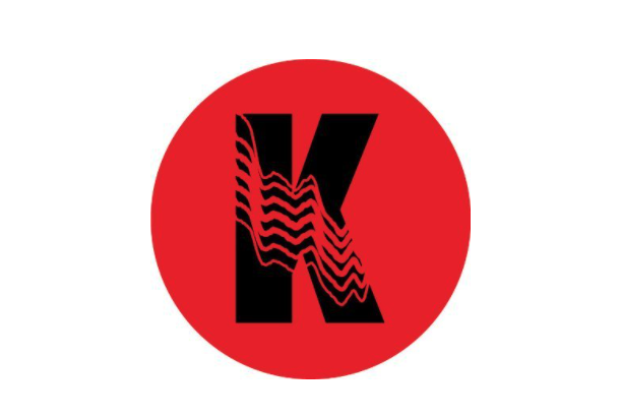
Answer Machine Tape, 1987 announced in London and Bruges
Answer Machine Tape, 1987, for piano and multimedia, has two more performances announced this autumn, including the London premiere. Zubin Kanga, who commissioned the piece, will perform the work at…
-
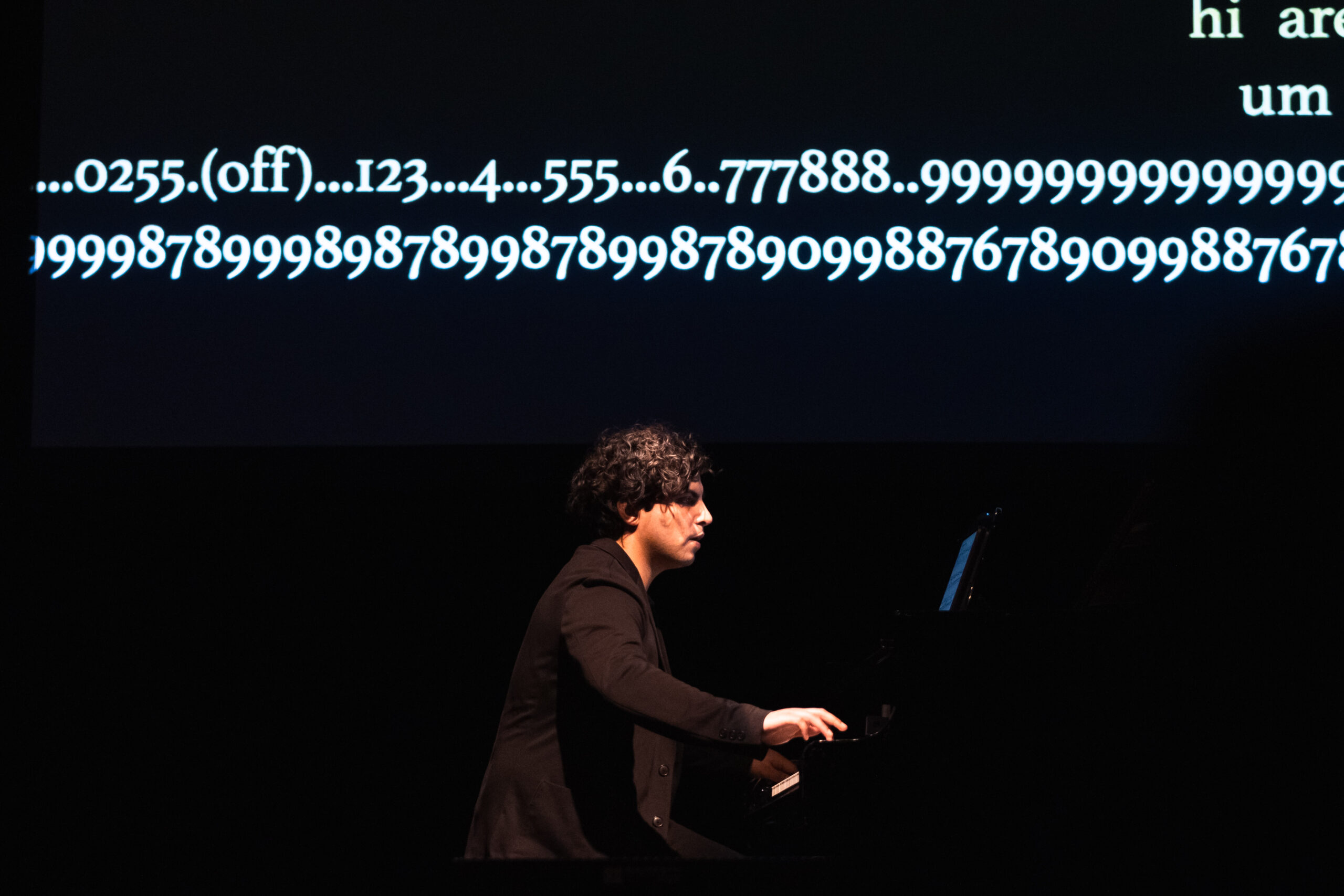
Answer Machine Tape, 1987 at Transit Festival
Answer Machine Tape, 1987, for piano and multimedia, will be performed on 18th October at the Transit Festival in Leuven, Belgium. It will be performed by Zubin Kanga, who commissioned…
-
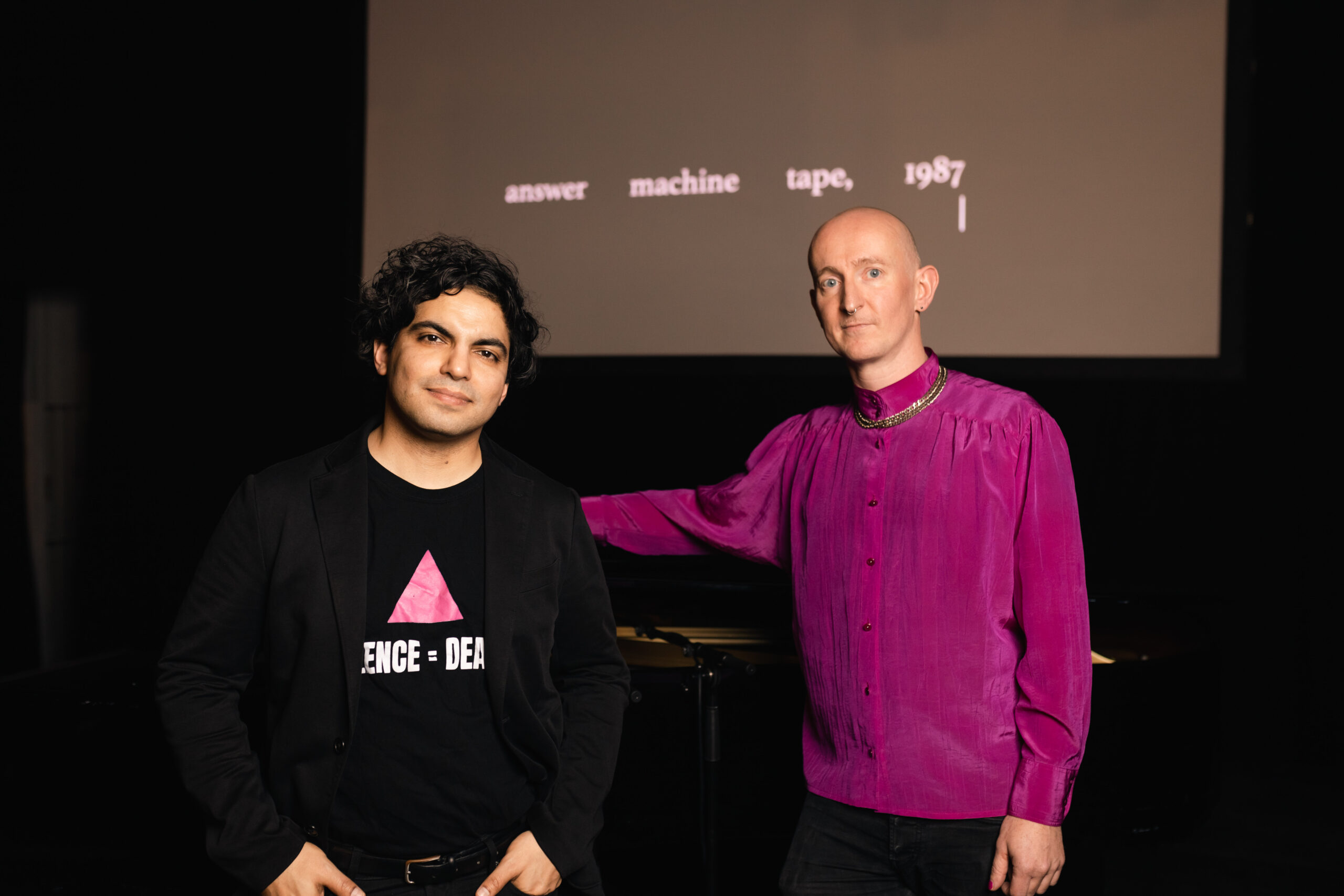
Performance photos of Answer Machine Tape, 1987
We’ve just completed the run of premiere performances of Answer Machine Tape, 1987 with the four co-commissioning festivals: Time of Music in Finland, November Music in the Netherlands, hcmf// in…
-
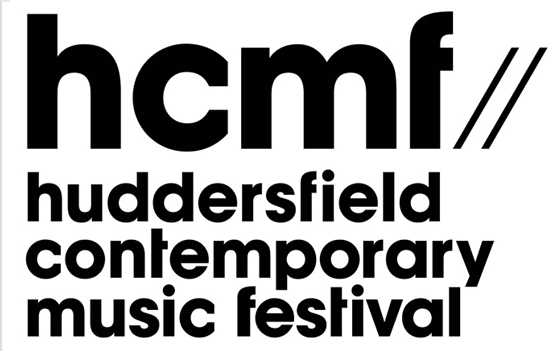
Profile by Tayyab Amin for hcmf//
I was very fortunate to be featured this year at hcmf// across three concerts of my most recent works: Answer Machine Tape, 1987, performed and commissioned by Zubin Kanga; Numbers…
-

More dates announced for ‘Answer Machine Tape, 1987’
Answer Machine Tape, 1987, my a new work for piano and multimedia, has more performances announced this autumn. Zubin Kanga, who commissioned the piece, will perform the work at the…
-
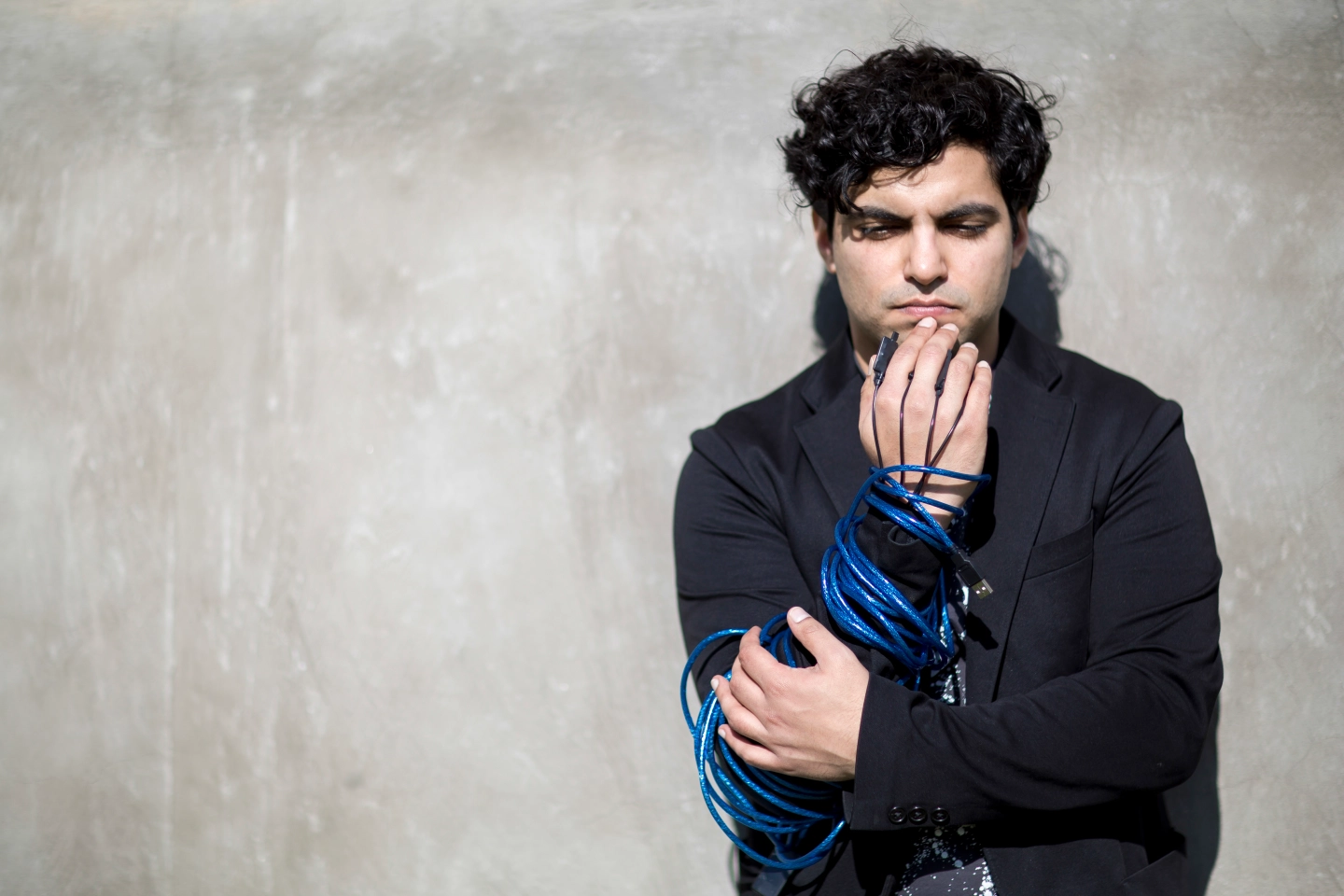
Small portrait at Time of Music Festival
Answer Machine Tape, 1987 — a new work for piano and multimedia — has its first performance on 8th July 2022 at Time of Music Festival (Musiikin Aika) in Viitasaari,…
